




Say hello to Lifetime Achievement Award honoree

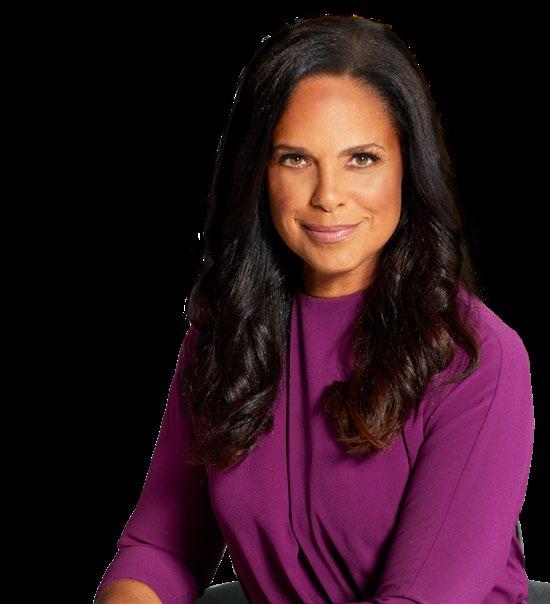

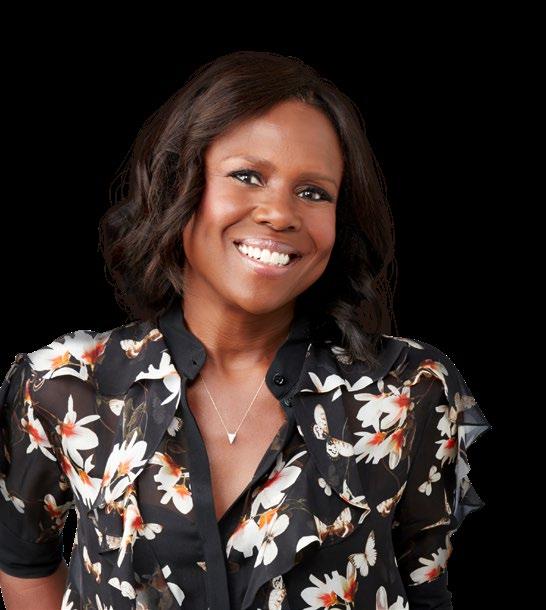
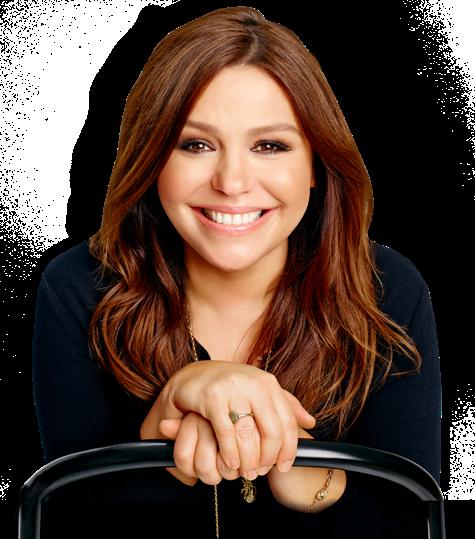
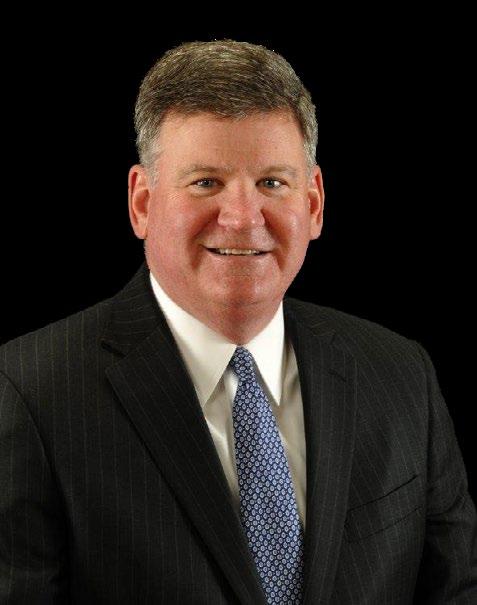
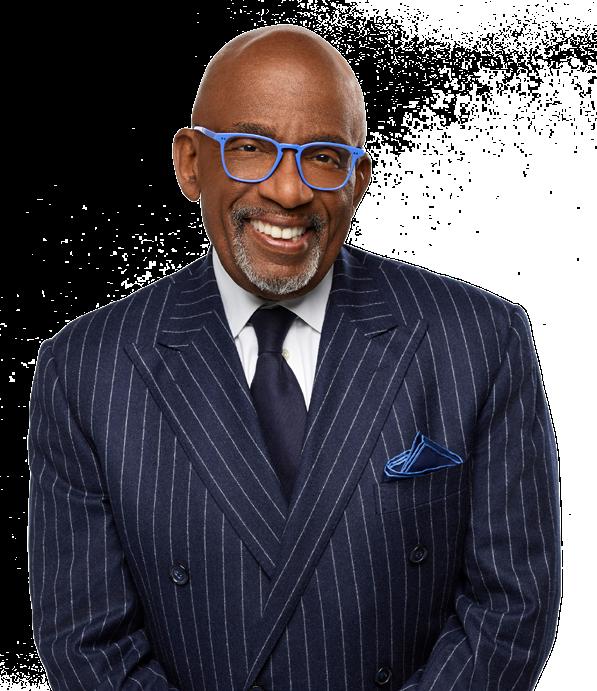
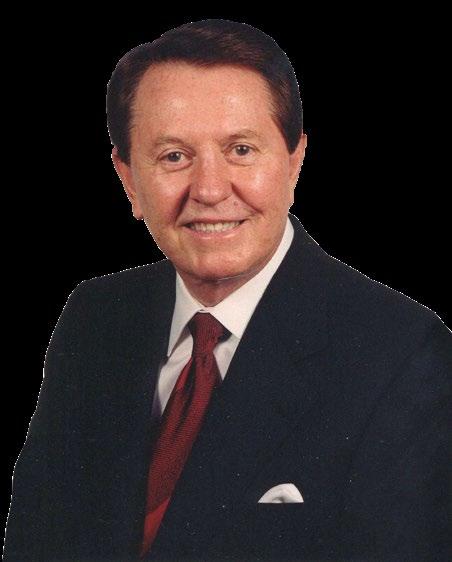
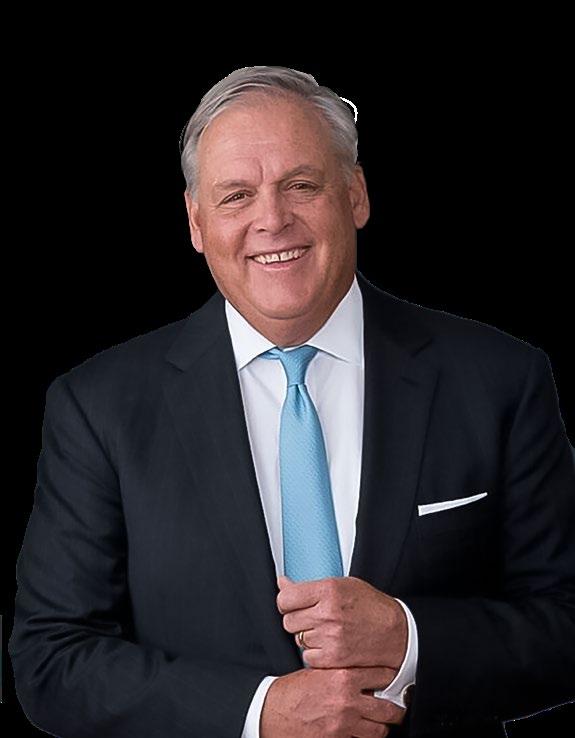

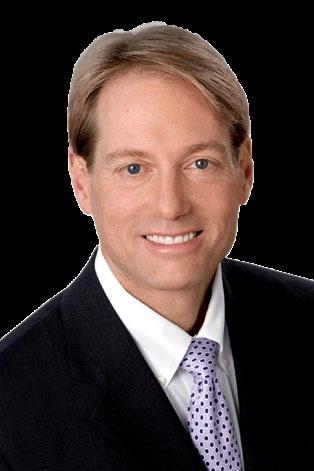
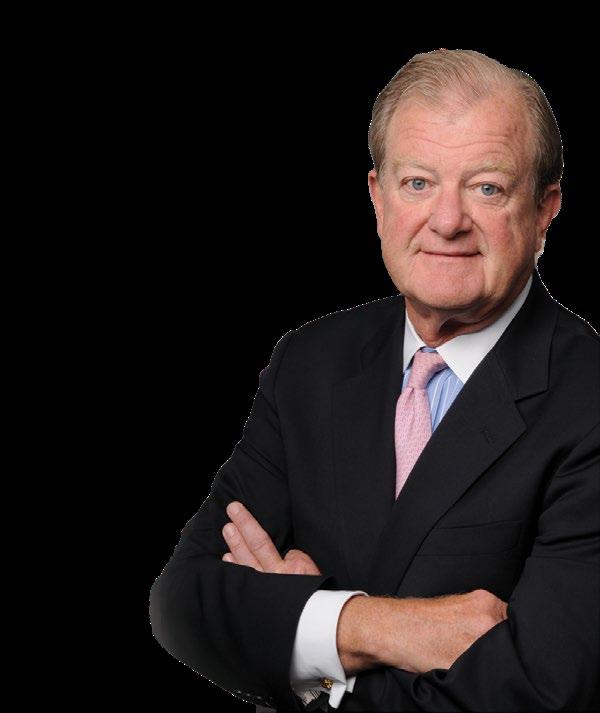
Jim Nantz and 12 industry friends from our 31st group of iconic, innovative inductees
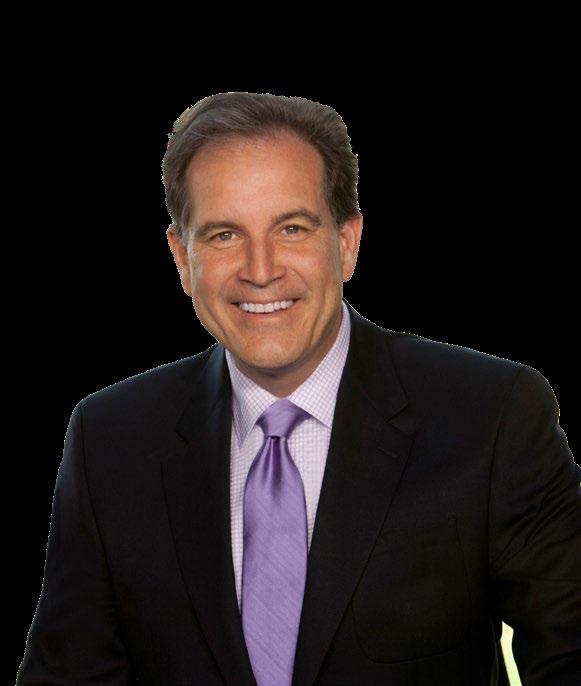

GeOrge G. BeaSley(PosthumousAward)

Caroline Beasley
Matt Bond
Ray Cole
Frank Comerford
Ray Hopkins
Wonya Lucas
Jim Nantz
Soledad O'Brien
Rachael Ray
Deborah Roberts
Al Roker
Jam es Th Om pso n (PosthumousAward)
We salute tonight's trailblazers and visionaries of the broadcast, cable and broadband television industries
WWW.MULTICHANNEL.COM

FOLLOW US

On Twitter: twitter.com/BCBeat or twitter.com/MultiNews
On Facebook: facebook.com/BroadcastingandCable or facebook.com/MultichannelNewsMagazine
CONTENT
Content Director Kent Gibbons, kent.gibbons@futurenet.com
Content Manager Michael Demenchuk, michael.demenchuk@futurenet.com
Senior Content Producer - Technology
Daniel Frankel, daniel.frankel@futurenet.com
Senior Content Producer - Business
Jon Lafayette, jon.lafayette@futurenet.com
Senior Content Producer - Programming
Michael Malone, michael.malone@futurenet.com
Senior Content Producer - Programming
R. Thomas Umstead, thomas.umstead@futurenet.com
Contributors Paige Albiniak, John S. Eggerton
Production Manager Heather Tatrow
Group Art Director Nicole Cobban
Art Editor Cliff Newman
ADVERTISING SALES
Managing VP, Sales Dena G. Malouf, dena.malouf@futurenet.com
To subscribe, change your address, or check on your current account status, go to www.broadcastingcable.com and click on About Us, email futureplc@computerfulfillment.com, call 888-266-5828, or write P.O. Box 8688, Lowell, MA 01853.

Broadcasting+Cable is available for licensing. Contact the Licensing team to discuss partnership opportunities. Head of Print Licensing Rachel Shaw licensing@futurenet.com
MANAGEMENT
SVP, Wealth, B2B & Events Sarah Rees MD, B2B Tech & Entertainment Brands Carmel King Head of Production U.S. & U.K. Mark Constance Head of Design Rodney Dive
FUTURE US, INC.
130 West 42nd Street, 7th Floor, New York, NY 10036-8002
is registered in England and Wales. Registered office: Quay House, The Ambury, Bath BA1 1UA. All information contained in this publication is for information only and is, as far as we are aware, correct at the time of going to press. Future cannot accept any responsibility for errors or inaccuracies in such information. You are advised to contact manufacturers and retailers directly with regard to the price of products/ services referred to in this publication. Apps and websites mentioned in this publication are not under our control. We are not responsible for their contents or any other changes or updates to them. This magazine is fully independent and not affiliated in any way with the companies mentioned herein.
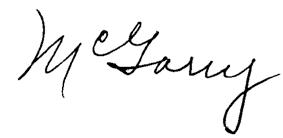

If you submit material to us, you warrant that you own the material and/or have the necessary rights/ permissions to supply the material and you automatically grant Future and its licensees a licence to publish your submission in whole or in part in any/all issues and/or editions of publications, in any format published worldwide and on associated websites, social media channels and associated products. Any material you submit is sent at your own risk and, although every care is taken, neither Future nor its employees, agents, subcontractors or licensees shall be liable for loss or damage. We assume all unsolicited material is for publication unless otherwise stated, and reserve the right to edit, amend, adapt all submissions.
We are committed to only using magazine paper which is derived from responsibly managed, certified forestry and chlorine-free manufacture. The paper in this magazine was sourced and produced from sustainable managed forests, conforming to strict environmental and socioeconomic standards.
Tonight we gather to celebrate a very special event — the induction of the 31st class of the B+C Hall of Fame in recognition of their special contributions to our industry.
In 1991, on the occasion of the 60th anniversary of Broadcasting magazine, the Hall of Fame was created to honor 60 individuals who had through the course of their careers made significant contributions to TV and electronic media. The original class included industry legends ranging from Guglielmo Marconi to William S. Paley, Bob Hope, cable pioneers Bill Daniels and Dr. John Malone and C-SPAN founder Brian Lamb, to name but a few. Lucille Ball was one of three women honorees, alongside Irna Phillips, creator of the daytime soap operas Guiding Light and As the World Turns, and Joan Ganz Cooney, one of the founders of Sesame Workshop.
This year’s Hall of Fame class is a family affair: Included are Deborah Roberts, ABC News national senior affairs correspondent and contributing anchor of 20/20, and her husband Al Roker, weather and feature anchor and co-host of the third hour of NBC’s Today; as well as two of the driving forces behind family-owned Beasley Media Group: the radio group’s CEO, Caroline Beasley, and her dad, the company’s late founder, George Beasley. Joining them are Matt Bond, chairman, content distribution, NBCUniversal; Ray Cole, president and chief operating officer, Citadel Communications; Frank Comerford, CRO and president, local sales, NBCUniveral Advertising & Partnerships; Ray Hopkins, president, U.S. Networks Distribution, Paramount Global; Wonya Lucas, CEO, Hallmark Media; Soledad O’Brien, CEO of SO’B Productions and host/producer of Matter of Fact with Soledad O’Brien; and Rachael Ray, TV food personality and host of the syndicated Rachael Ray
Jim Nantz of CBS Sports, who just called the last of his 18 consecutive men’s college basketball Final Fours, is this year’s Lifetime Achievement Award winner. Though he has wrapped up his career on the hardwood, he remains a vital voice, leading the network’s NFL and professional golf coverage. Our Iconic Series for 2023 is AMC’s The Walking Dead, the super-popular zombie horror series that has set basic-cable ratings records and grown into a powerful franchise.
Our Chairman’s Award recipient this year is is our late friend and long-term colleague Jim Thompson, past president of the Broadcasters Foundation of America, the group that provides support to men and women in the TV and radio industry who find themselves in acute financial need due to a critical illness, severe accident or other serious misfortune. The foundation is also a beneficiary of the Hall of Fame gala, along with the Paley Center for Media.
We are grateful to our co-hosts for the evening, Craig Melvin of NBC News and Tracy Wolfson of CBS Sports, for their contributions to the festivities. Thanks also to our in-house editorial and sales staffs at B+C; the marketing and production teams; and Future plc events leader Kelly Boon. And, of course, our event producers at Live Star Entertainment, Eric Drath and Danielle Naassana; as well as Alan Winnikoff and Carina Sayles, our PR team; and especially our sales team, led by Jessica Wolin and Jo Stanley. Finally, thanks to you, our inductees and company sponsors, alumni and attendees for your 31 years of support and generosity.
Thank you all!
Bill McGorry Chairman B+C Hall of Fame Kent Gibbons Content Director Broadcasting+Cable, Multichannel News and Next TV King MD, Tech & Entertainment Brands, Future PLCLocation
Ziegfeld Ballroom, 141 W. 54 St., New York Wednesday, May 3, 2023
Cocktail Reception: 5:30 p.m. Awards Ceremony & Dinner: 6:30 p.m.
Welcoming Remarks
Bill McGorry Chairman, Broadcasting+Cable Hall of Fame
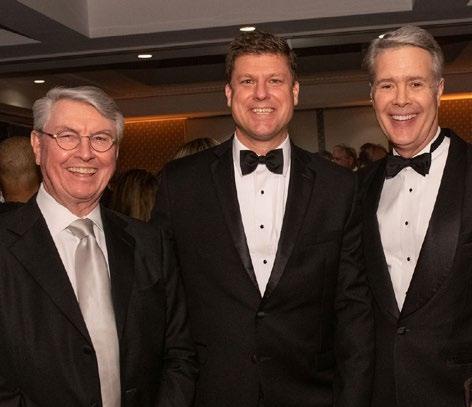
Kent Gibbons
Content Director, Broadcasting+Cable and Multichannel News

Presentation of Awardss
Host: Craig Melvin
George Beasley
Caroline Beasley
Matthew Bond
Ray Cole
Frank Comerford
Wonya Lucas
Deborah Roberts

Al Roker
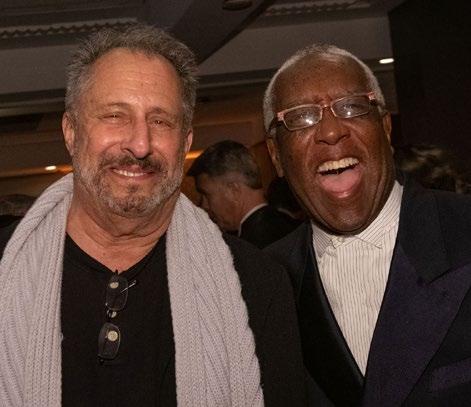
Dinner
Presentation of Awards
Host: Tracy Wolfson
Rachael Ray
Ray Hopkins
Iconic Show Award
AMC/AMC+’s ‘The Walking Dead’
Soledad O’Brien
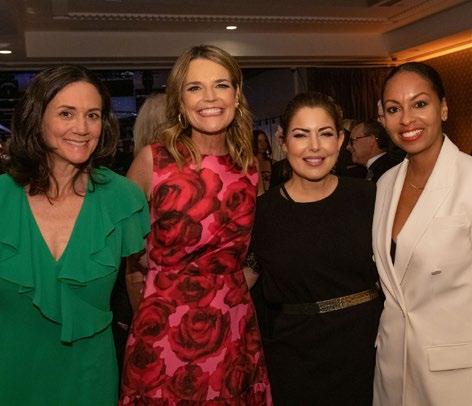

Chairman’s Award
Jim Thompson
Lifetime Achievement Award
Jim Nantz
Closing Remarks
Event Producer: Eric Drath, Live Star Entertainment (212) 505-7666 | Event Director: Kelly Boon (kelly.boon@ futurenet.com) | Stage Production: Eric Drath, Live Star Entertainment (ericdrath@lsetv.com) | Public Relations: Sayles & Winnikoff Communications (info@sayleswinnikoff .com) | Sales: Jessica Wolin (jessica. wolin@futurenet.com) | Photography: Mark Reinertson (mark@markreinertson.com)
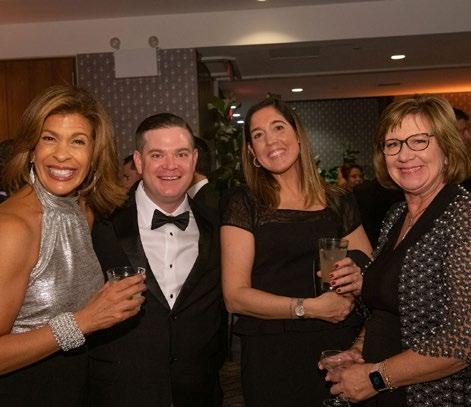
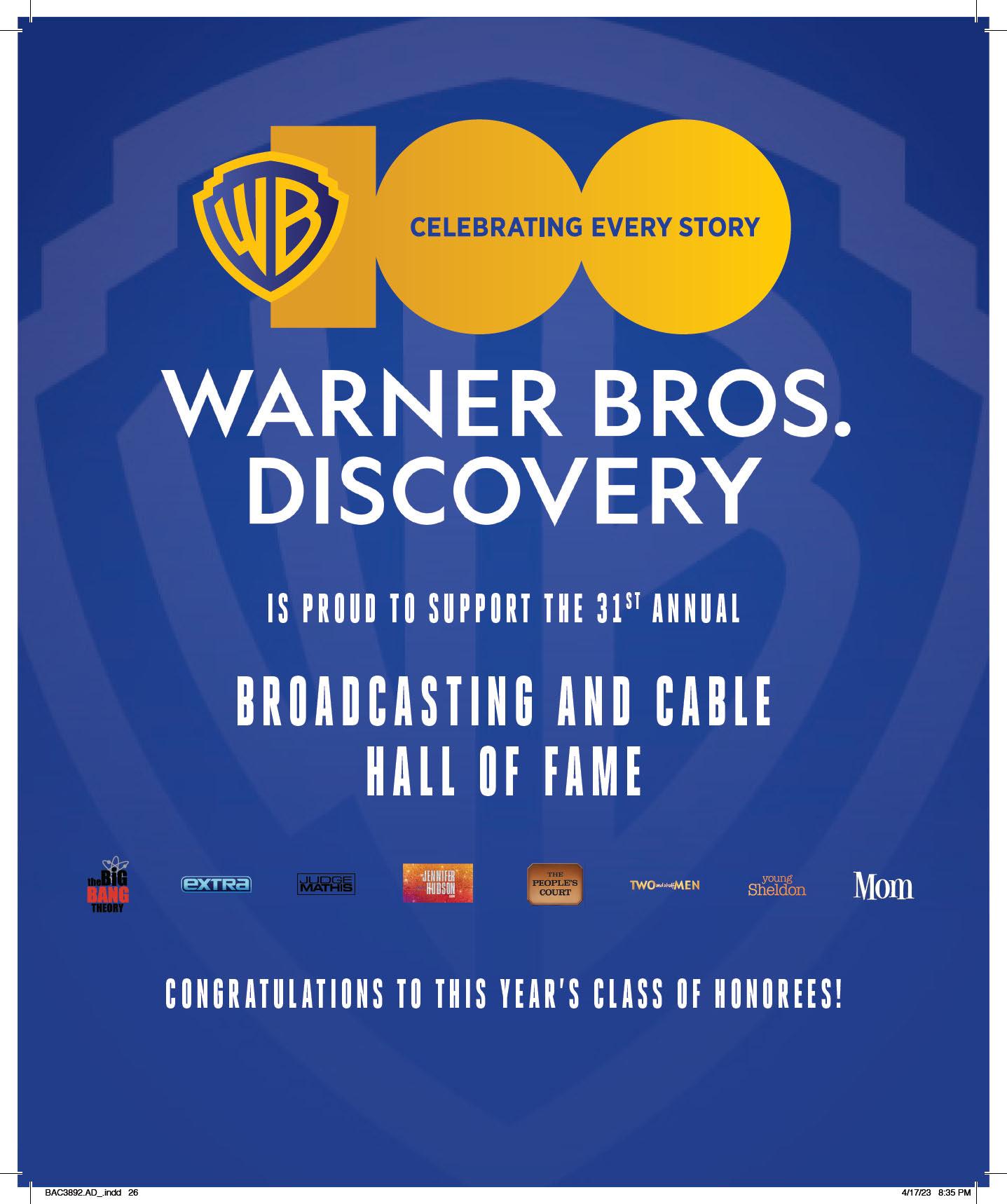
ABC News
Active International

AMC Networks
Beasley Media Group
BMI (Broadcast Music, Inc.)
Broadcasters Foundation of America

CBS Media Ventures
CBS Sports
Charter Communications




Citadel Communications LLC

Disney Entertainment Networks
Faegre Drinker
FOX
Gabelli Funds
Bill Goodwyn
Guggenheim Securities
Hallmark Media
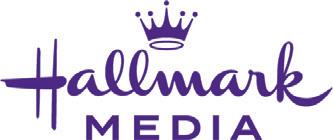
Hearst Television

Hubbard Broadcasting
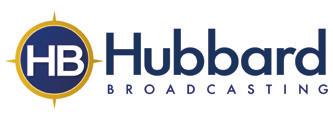
Katz Media

Nantz Family Foundation
National Basketball Association
NBC News/Today
NBCUniversal
NBCUniversal Advertising & Partnerships
NBCUniversal Affiliate Relations

NBCUniversal Content Distribution
NBCUniversal Global Distribution

NBCUniversal Syndication Studios
NCTA – The Internet & Television Association


Paramount
Premiere Networks
Scripps Networks

Security National Bank
Standard Media Group
TEGNA Inc.


Television Bureau of Advertising Inc.
Verizon
Warner Bros. Discovery
WME
YouTube
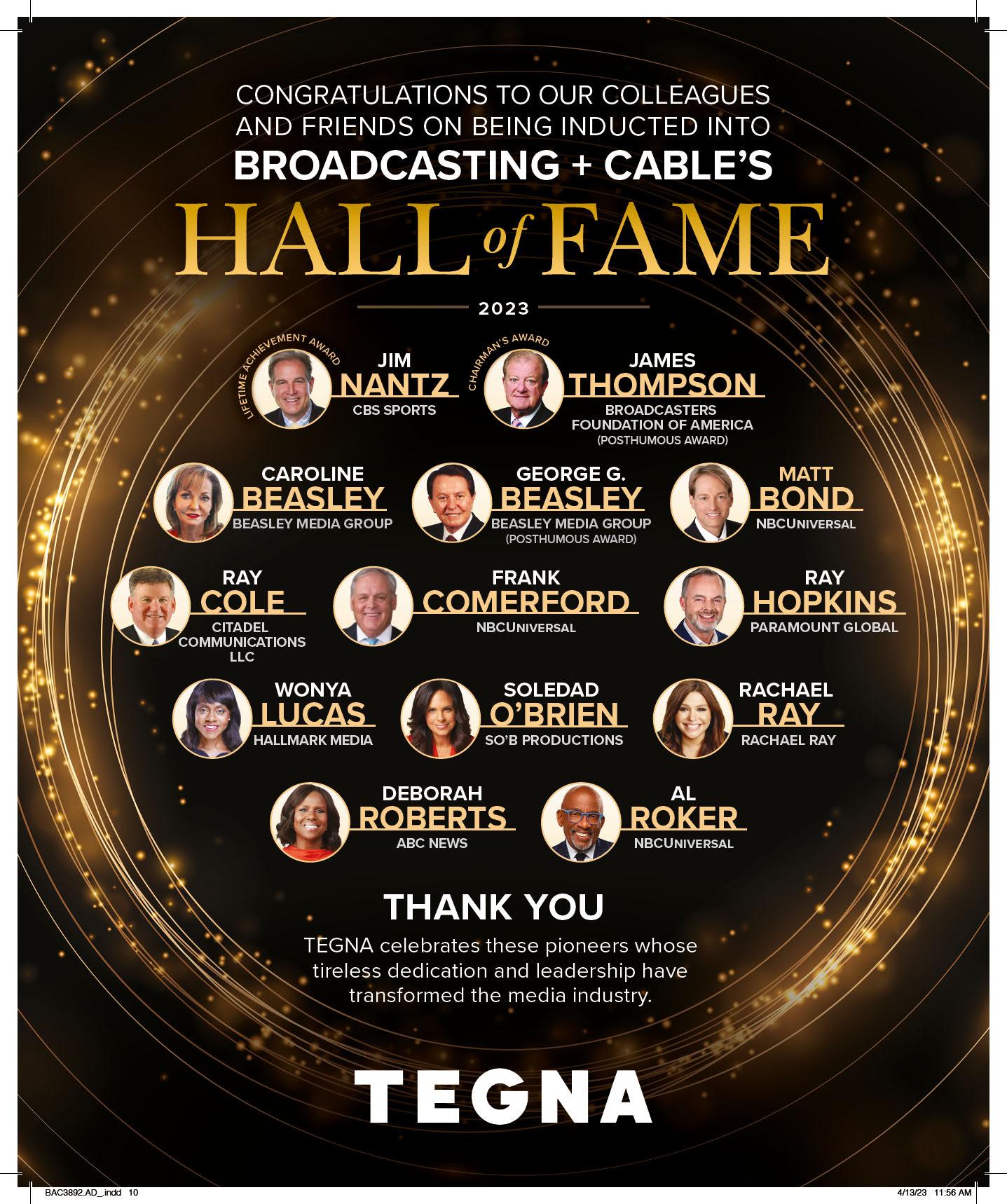
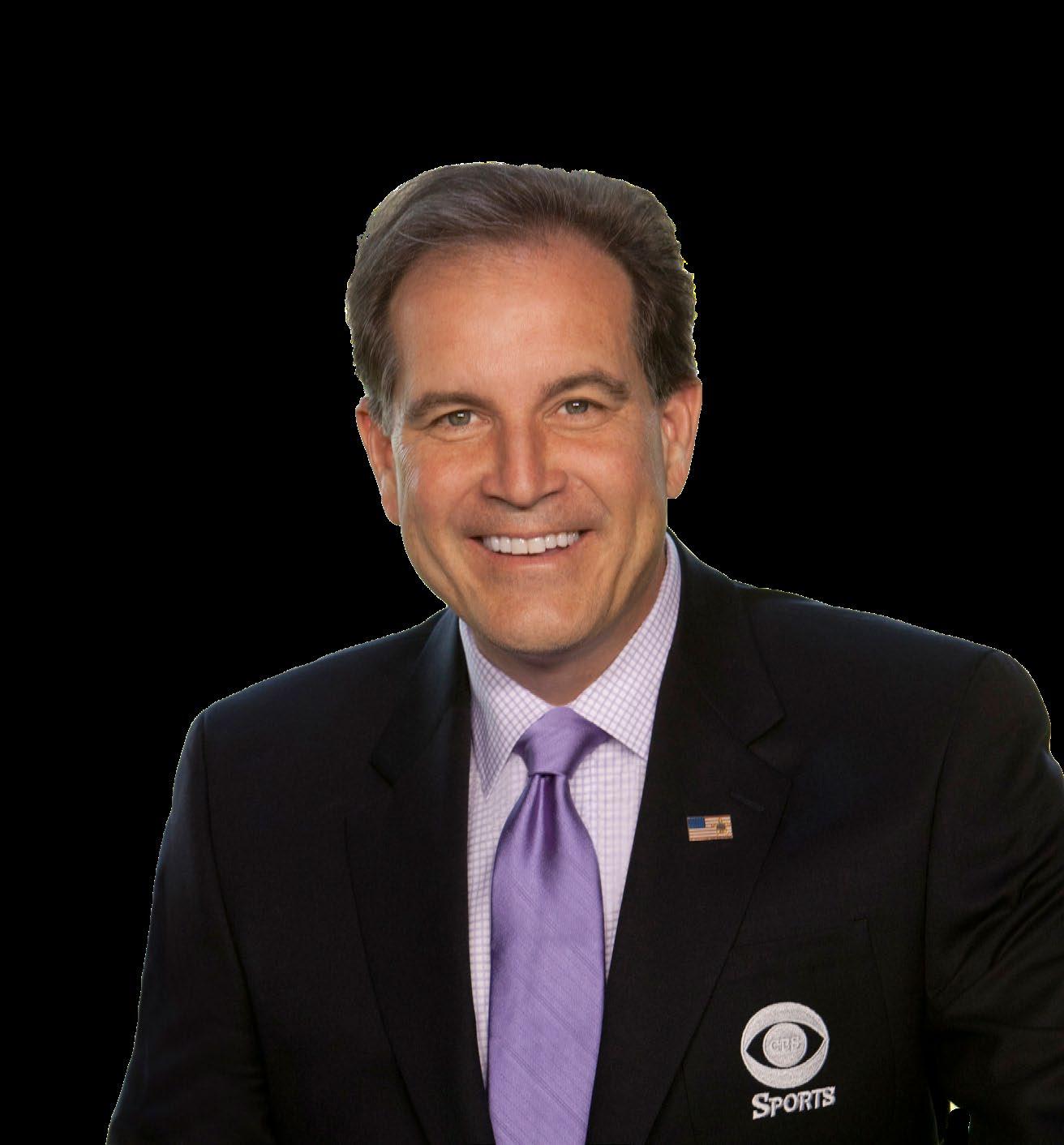

On the day we caught up with sports broadcasting legend Jim Nantz, he was coming off, for the very last time, what has been an annual scheduling gauntlet, transitioning from CBS play-by-play of men’s college basketball’s Final Four to pro golf’s The Masters.
In the midst of all this 24/7 busyness, Nantz bumped his elbow. Real hard. The affable broadcaster just officially stepped away from the March Madness tournament after decades of leading CBS’s coverage. He’ll have a bit more time to spend with a family that features two young kids, but Nantz will remain very active, still spearheading the network’s golf and National Football League play-by-play, the latter alongside Tony Romo. When we got him on the phone from his hometown of Houston, he was on his way to have a doctor finally look at that aching elbow.
Despite the injury, make no mistake: Nantz, who will turn 64 in May and is certainly among the most decorated on-air personalities in sports broadcasting history, continues to enjoy one heck of a charmed narrative.
Take his days in the early 1980s at the University of Houston, where he managed to letter on a vaunted golf team that featured Fred Couples and Blaine McCallister.
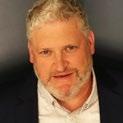
“That was awful kind of them to
do,” Nantz quipped of his letter offering, remarking about his humble place in a program that captured 16 NCAA titles over 30 years.
But Cougar Golf, and the relationships he formed within it, were among a number of sports-related experiences that were life-changing for Nantz.
“Every day, I was around people who set goals and achieved them,” he explained.
It was at Houston that Nantz set his own set of goals: To become the best sports storyteller he could be; and to ply his trade at CBS, the broadcaster on which he’d avidly observed pro golf coverage dating back to his days as a two-sport athlete (golf and basketball) at Marlboro High School in New Jersey.
Truly charmed is the man who knows exactly what he wants to do and who he wants to do it for while still in college. And keeps doing it through four decades.
But becoming the public address announcer during the nascent days of Houston basketball’s iconic “Phi Slama Jama” era? And being the one to coin the nickname for future NBA Hall of Famer Clyde “The Glide” Drexler, while still just an undergrad? Come on. This man’s life and career are off the Zelig charts. Even in the earliest of beginnings, he was inter
secting, in a meaningful way, with athletes at the very highest of levels.
Zelig is actually an imperfect simile. It implies that Nantz has connected with so many zeitgeist shifters, across multiple eras, by happenstance.
Intimately familiar with the sports and athletes he’s covered, he’s probably one of the more gifted improvisational journalists of our time, always adhering to the core job requirement — “forming sentences and phrases and storylines in real time, and doing it quickly and succinctly.”
He’s called so many Final Fours, so many Super Bowls, and so many Masters, and made us feel connected to the athletes and their games so many times, because he’s the best there is at doing this.
We know this. In a broadcast business in which everything else has been washed away by the erosive forces of digital disruption, the championship games and matches called by Nantz, still seen by mass audiences of
Every day, I was around people who set goals and achieved them.”
Jim Nantz
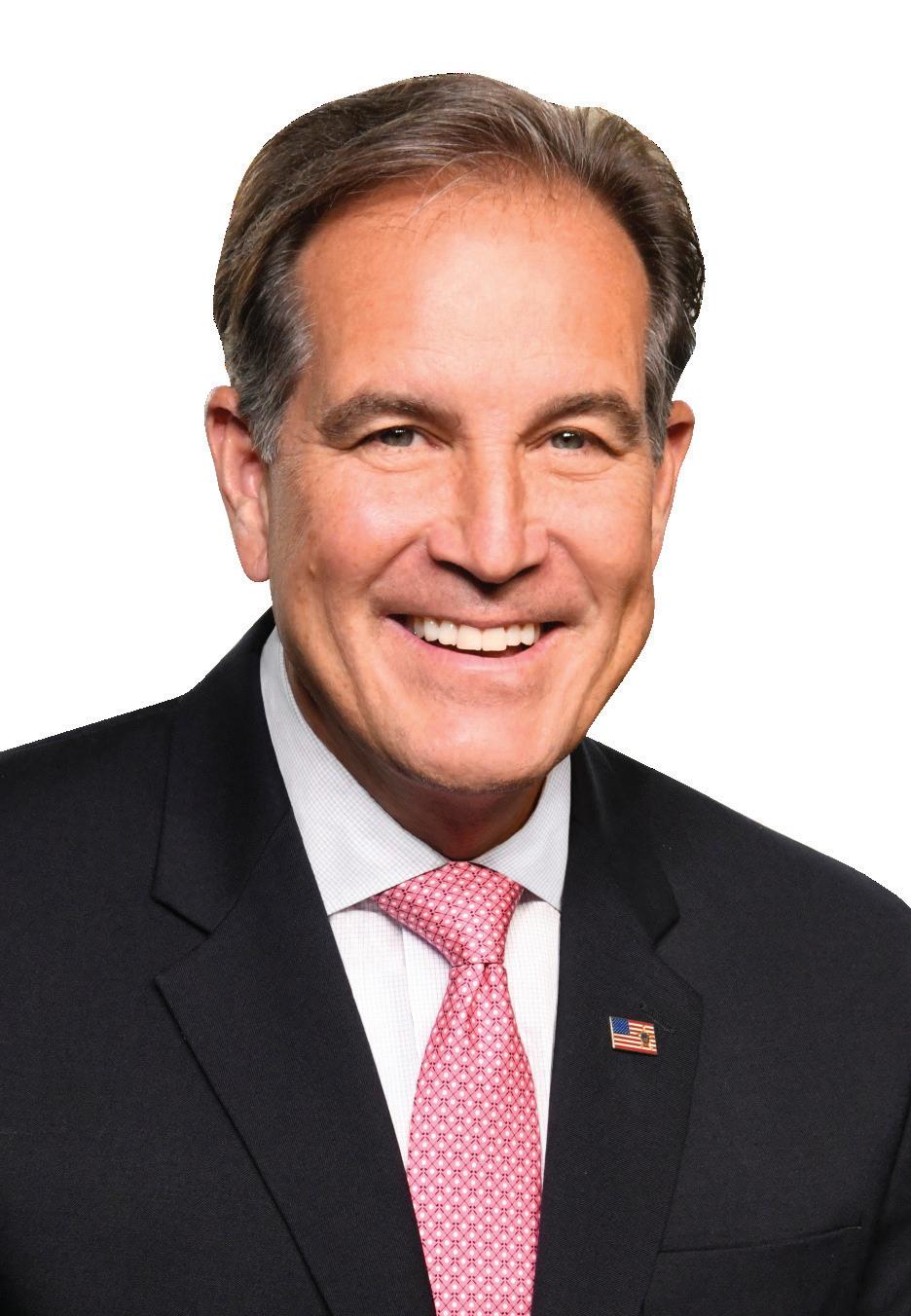
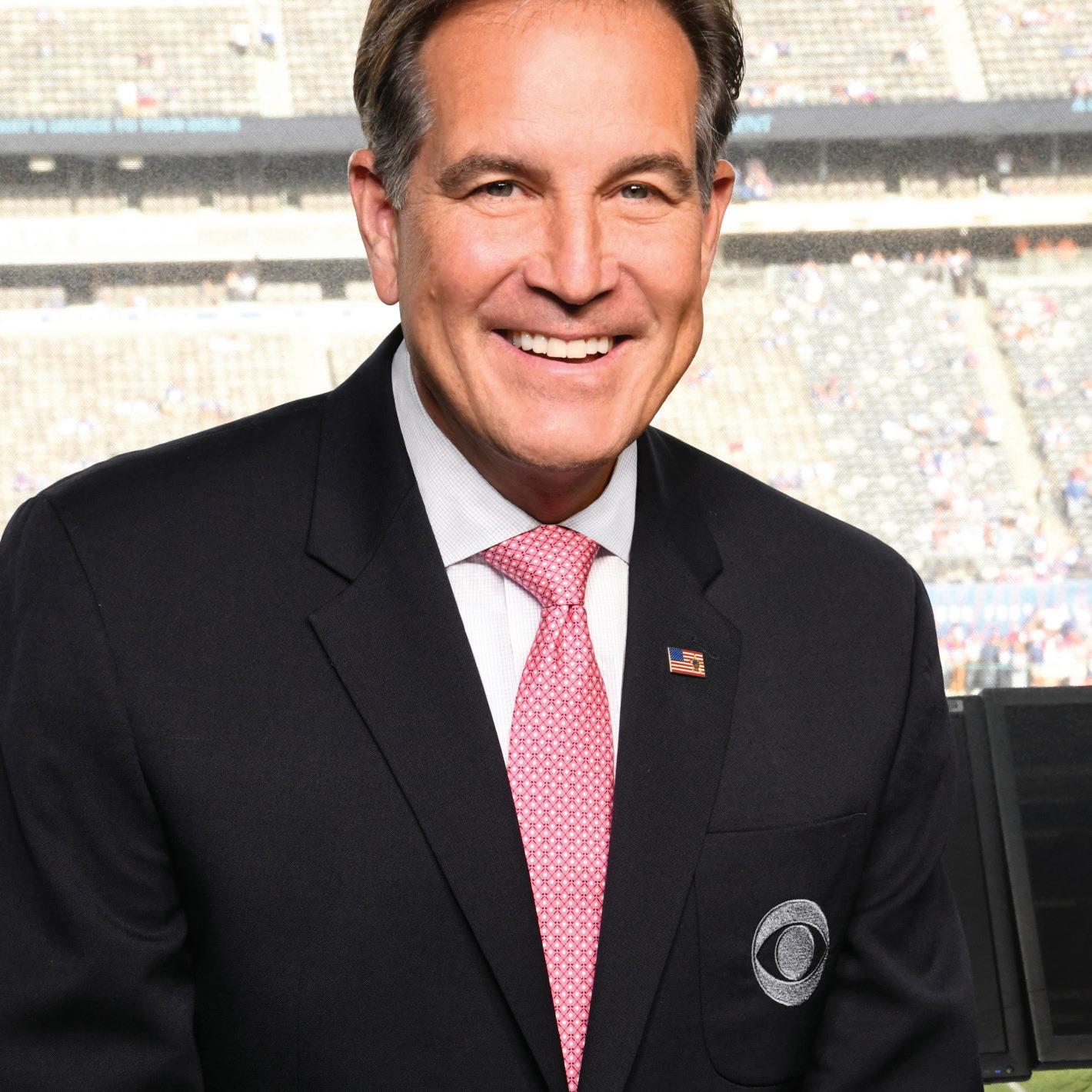
AS WELL AS RAY HOPKINS AND ALL OF THIS YEAR’S HALL OF FAME HONOREES FROM YOUR “FRIENDS”




volume of interesting relationships this man has formed. Asked who he’ll remember most, Nantz can spend minutes rattling off the personal bonds he’s formed with the athletes and coaches he’s covered extensively: “Belichick and Brady” … “Peyton Manning” … “Arnold Palmer.”

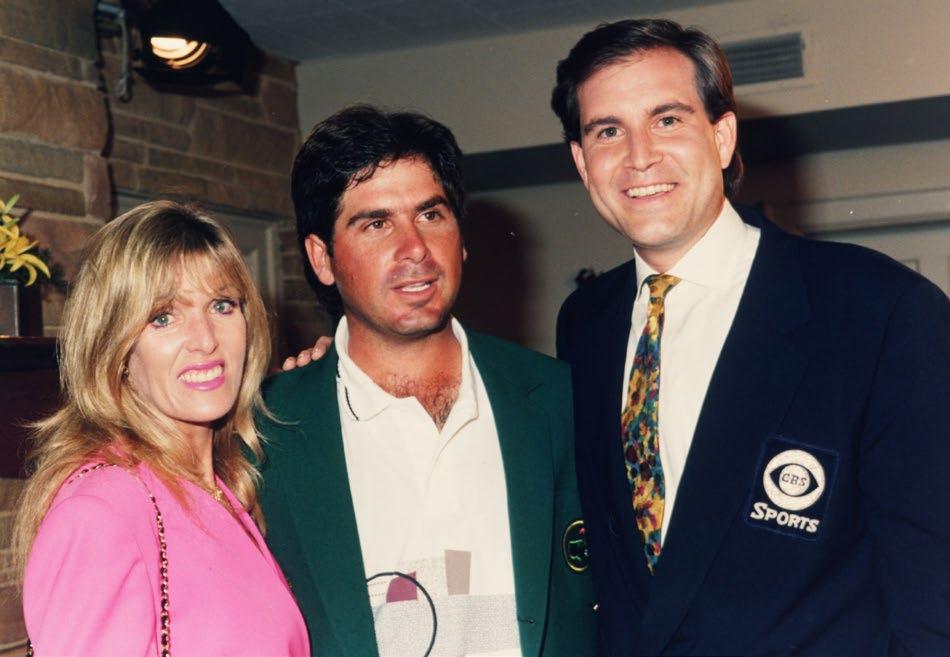
Folks who work in sports routinely say it’s about the people you meet and the relationships you make. And dude could rattle off names all day.
You want to talk charmed? That’s when you call your first Final Four for CBS in 1991, and the title game features a spectacular Duke forward named Grant Hill. And this kid — now a retired NBA legend — ends up becoming your March Madness broadcast partner.
Legendary former Duke basketball
coach Mike Krzyzewski, who won five NCAA men’s basketball championships that were called by Nantz, called the announcer “the voice of the Final Four,” noting that basketball fans can’t recall any of the tournament’s biggest moments over the past four decades without hearing Nantz’s play-by-play in their heads.

“You’re the best who’s ever done this,” Krzyzewski added in a video tribute posted on Twitter, calling the announcer a “special friend.”
Pretty, pretty cool tribute to get.
Or when your profession falls under a new kind of intense viral scrutiny in the social internet era, and talented peers like Al Michaels start getting skewered by “influencers” simply because they’re not calling the games with enough

Below, Jim Nantz calls the playby-play during this year’s NCAA tournament first-round game between West Virginia and Maryland.
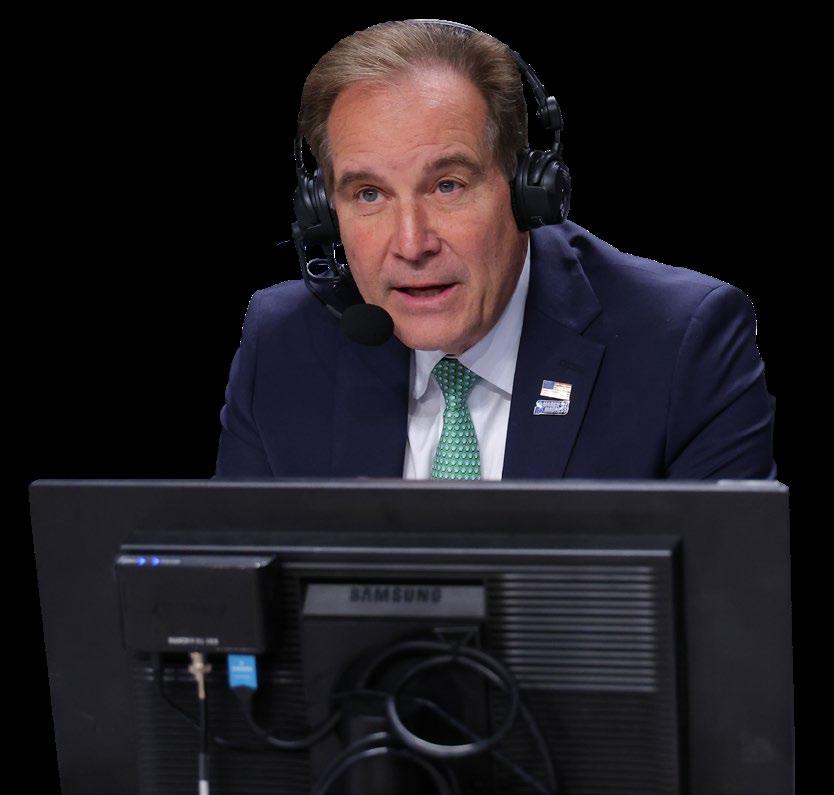
As for Nantz, he remained charmed enough to be able to call his last NCAA title game a few miles down the block from his home, at Houston’s NRG Stadium, his network running a star-studded, tear-jerking career retrospective narrated by Ron Howard, and his 9-year-old daughter among those in attendance to watch it all.

Nantz says he doesn’t have — or want — a Twitter, Instagram or Facebook account. But leaving the stadium after UConn defeated San Diego State that night, his daughter gave him the “score,” anyway.
“You’re trending No. 1 on Twitter. They love you.” ●
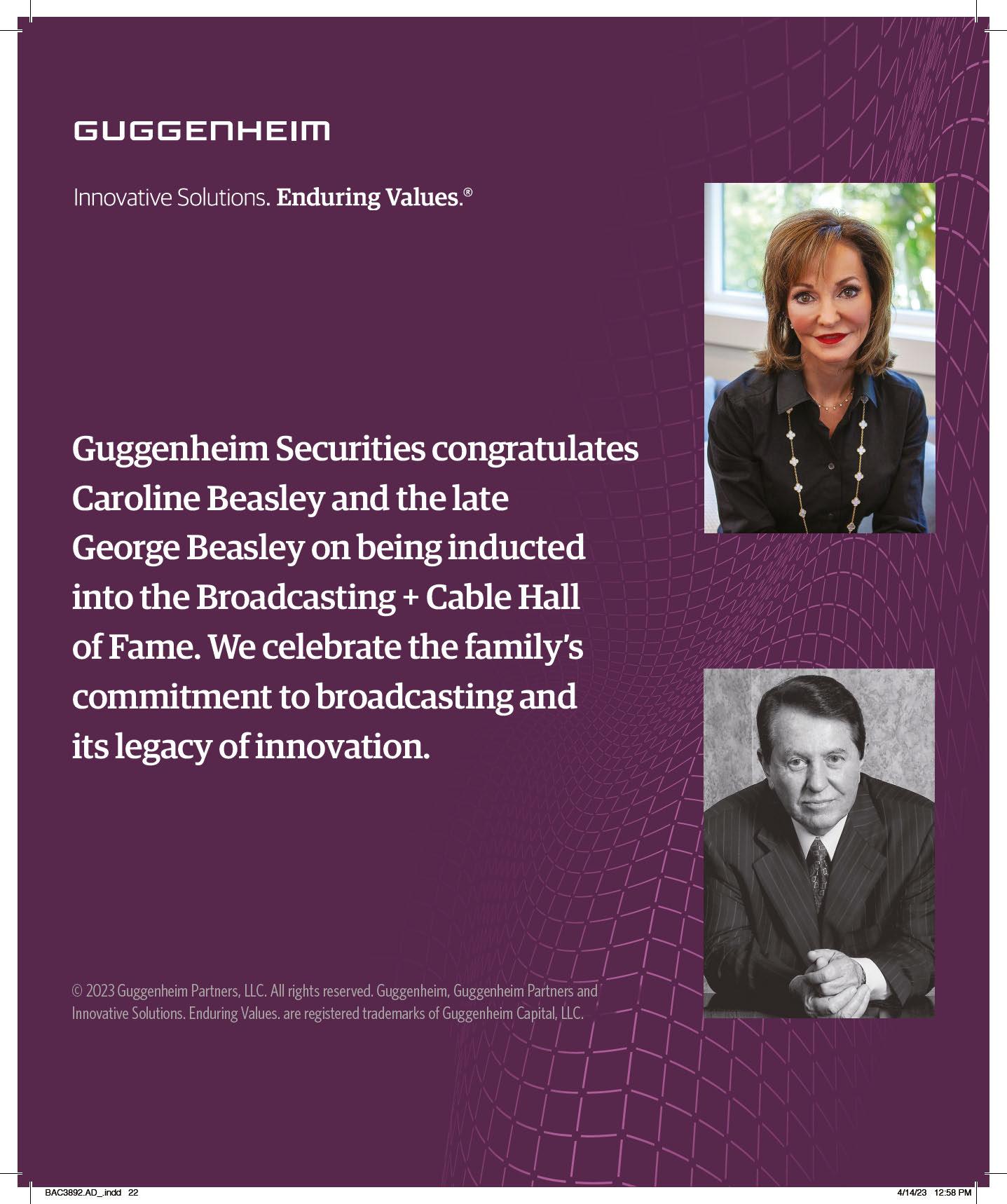

For Caroline Beasley, radio was a birthright, following in her father George’s footsteps to lead Beasley Media Group. But this wasn’t just a nepotistic move. Caroline found her way out of the shadows by forging a unique path within the company.
“I made it difficult on myself,” she told B+C. “I never wanted anyone to think that I was where I am because of my dad.”
Michael Fiorile, a member of the Beasley board of directors, said Caroline Beasley worked hard to earn that spot in the boardroom. “The family is very particular with who works in the business and who gets elevated,“ Fiorile said. “Obviously, being part of the family helped, but it would not have guaranteed her the position she’s in today.”
Caroline fueled her passion and drive to ultimately become CEO in 2017. “I had to work twice as hard and really prove myself,” she said.
It was also a glass-ceiling moment for Caroline, joining the testosterone world of broadcasting executives. “There were many times when I was in meetings and I was the only female,” she recalled.
Having four older brothers helped Caroline to toughen up.
Her journey at Beasley started 40 years ago, after she graduated from the University of North Carolina. She worked her way through all aspects of the company “basically starting from
the ground up,” she said.
For Caroline, no task was too small, even answering phones. “He wanted me to learn all aspects of the business side,” Beasley said of her father.
In 1994, Caroline was installed as chief financial officer, and she kept learning from the legend, who passed away in 2021. “I feel so lucky and fortunate to have been able to work alongside him,” she said. “He was the foundation and the basis of why I am where I am today.”
That invaluable knowledge her father passed along went well beyond what she could acquire in business school, such as forging those precious relationships.
Another important lesson for Caroline would be instilled by George — treating all employees with respect and as part of the family. “Because without them, we wouldn’t be here,” she said.
Her professional family was extended by negotiating the 2016 merger with Greater Media that instantly doubled Beasley’s revenue and moved its footprint into four new markets. With her father ill, the “heavy lifting” fell on Caroline’s shoulders, she said.
“When she puts her mind to getting something accomplished, it happens,” Fiorile, who served on the National Association of
Broadcasters board with Caroline, said. She is committed to making Beasley a major player on the digital front and bringing the best talent to the company. Such was the case last year when former NAB president and CEO Gordon Smith joined the Beasley board.


“That’s kind of the sway that Caroline’s had over the years,” Fiorile said.
Since taking over as the next generation to run Beasley, her leadership skills have stood out.
Caroline has diversified the board to include women and minorities, and deployed cutting-edge tech to make Beasley well-suited for what’s next in radio. “I’ve been able to help evolve our company with new technology to where it is today and with an eye toward the future,” she said.
Beasley’s portfolio includes 61 stations in 14 markets that spread from Boston to Las Vegas. She is excited to see how broadcasting and online can move forward together. Although not ruling out buying any more radio clusters, she is focused on a successful transition to digital and finding other revenue streams and opportunities to grow.
While Caroline thinks long-term for Beasley, the idea of getting personal accolades was never part of the plan. “I was really shocked. It’s very humbling,” she said of the Hall of Fame announcement.
“To see the other past honorees and to be even in the same paragraph with them is just unbelievable.”
It’s bittersweet for Caroline, who fittingly gets enshrined with her late father.
“I’m proud of my dad; I just wish he were here to be able to accept the award alongside me,” she said. ●
When she puts her mind to getting something accomplished, it happens.”
Michael Fiorile, Director, Beasley Media Group
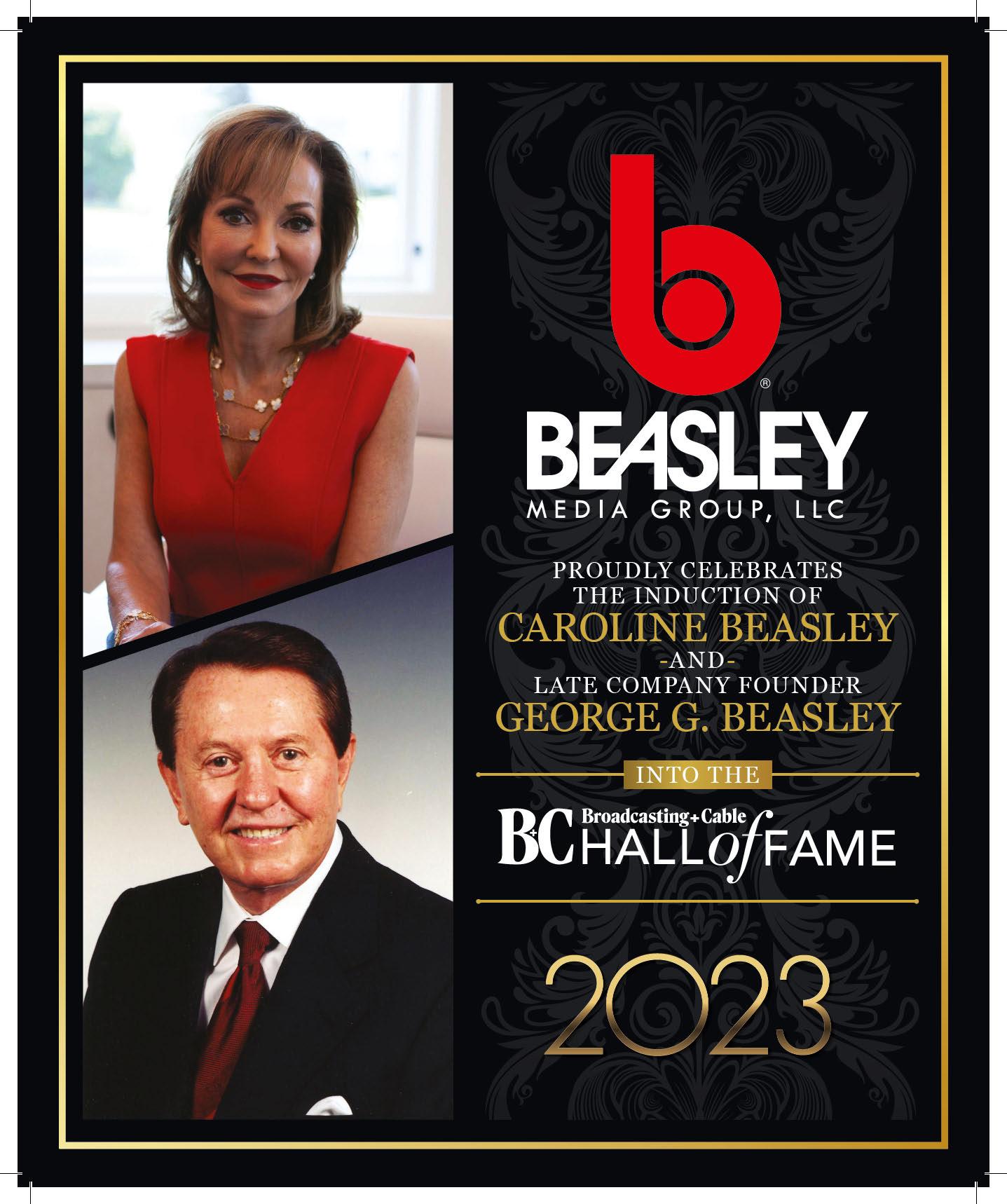
When George Beasley died in 2021, he left behind a broadcasting legacy that few could match.
For 60 years, he ran an eponymous radio company. Today, his children have high-profile positions at Beasley Media Group, led by fellow B+C Hall of Famer Caroline, the company CEO, along with Bruce, Beasley Broadcast Group’s president, and Brian, Beasley Broadcast Group’s executive VP and chief operating officer.
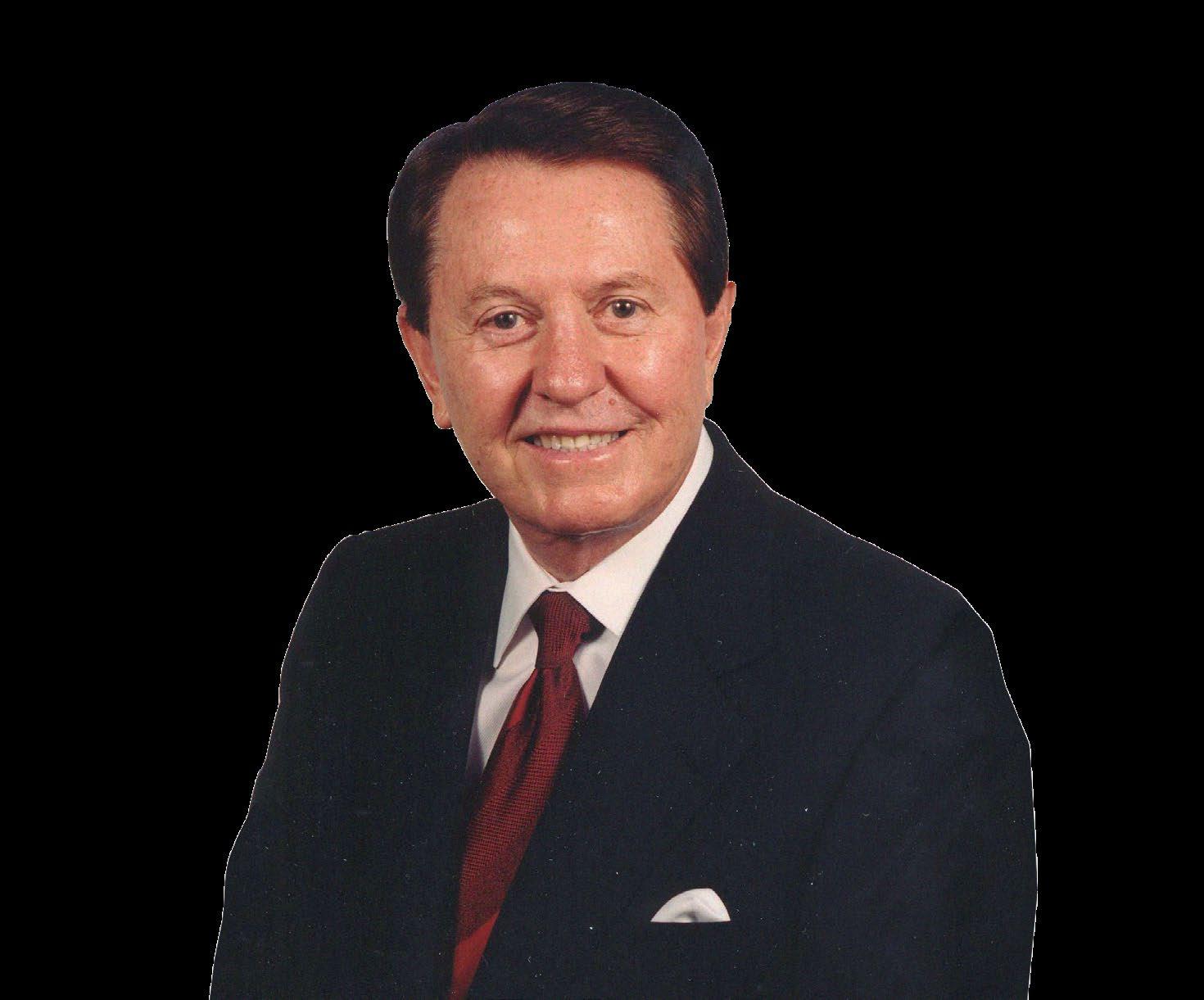
For George, the family business literally grew out of the soil. Growing up in Virginia, farming was the hand-me-down occupation. His grandfather let him try his hand at raising tobacco.
Finding that farming was not for him, George headed off to the Army and saved money for college. Education became a vocation for Beasley, first as a teacher and later as a principal. But, as he told the Daily News
him to find extra income to support his wife and five children. It was radio that filled the void.

Beasley worked at a station in Mount Airy, North Carolina. An uncle owned the station, helping George and his cousin Stu Epperson, the future Salem Media chairman, learn the building blocks of making radio a viable business.

“He worked at the station at night and weekends, while being a principal for a local school,” Caroline said.
George later started assembling his group. He founded his first station, WPYB, in Benson, North Carolina, in 1961.
“He had a tremendous will and desire to build something big and succeed,” Beasley board vice chair Allen Shaw said.
One of George Beasley’s management skills was knowing how to effectively delegate, placing trust in his employees. “He put out a memo to the staff,” Shaw recalled about his joining the company, where he was
just, ‘Don’t spend money you don’t have to spend.’ ”
Shaw got to see the thriftiness firsthand when he subscribed to the Associated Press and Beasley called to complain. “You get a TV set, you put it in the newsroom and tune it to CNN,” Shaw remembered Beasley saying. “That’s where you get your news. It’s free.”
Shaw, who never heard George yell, said his boss wasn’t a fan of mornings. “But when it came to nighttime, he could stay awake longer than anybody else,” Shaw joked.
After learning the ropes at his uncle’s station, Beasley’s confidence grew, and he turned the sideline job into his sole career choice as he began to grow his burgeoning company.
“Everything was pretty much traveling by car to different markets,” Caroline said. “He tried to purchase stations that were fairly nearby where we were living.”
Shaw was introduced to George Beasley in the mid-1980s on a flight to North Carolina. “I’m a dealmaker,” Shaw recalled Beasley telling him, so he wanted Shaw to master the day-to-day Beasley business. George said handling that was “not really my cup of tea,” Shaw recalled.
Shaw would spend the remainder of the decade as chief operating officer. The big win from signing on the dotted line: He learned how to do entrepreneurial radio from the master.
“He would teach me everything that he knew about ownership,” Shaw said.
Caroline was in a unique spot as she grew with the company into chief financial officer before becoming CEO. “I worked day to day alongside him,” she said. “He was my mentor.”
Beasley gave sage advice to his daughter, including how to handle working for a family business.
Beasley merged his two passions, education and radio, with the creation of The George G. Beasley Media Complex on the campus of Appalachian State University, his alma mater.
“He could not have been prouder to be able to pay it forward,” Caroline said, “and provide students with the opportunity to pursue their dreams of getting into broadcasting.” ●
He had a tremendous will and desire to build something big and succeed.”
Allen Shaw, Vice Chair, Beasley Media Group

Matt Bond is the Wayne Gretzky of cable programming and distribution deals, says hockey fan Tom Montemagno, executive VP, programming acquisition at Charter Communications.
“I challenge anyone to come up with a name who’s been involved in more transactions,” Montemagno said, noting that Bond has worked with many of cable’s greatest minds — John Malone, Brian and Ralph Roberts, Leo Hindery, Steve Burke and Jeff Shell — becoming a beacon for the industry who has mentored many successful executives.

Before moving to the content sales side, Bond was head of content acquisition for cable giants Tele-Communications Inc. (TCI) and Comcast, making him one of the industry’s most powerful gatekeepers.
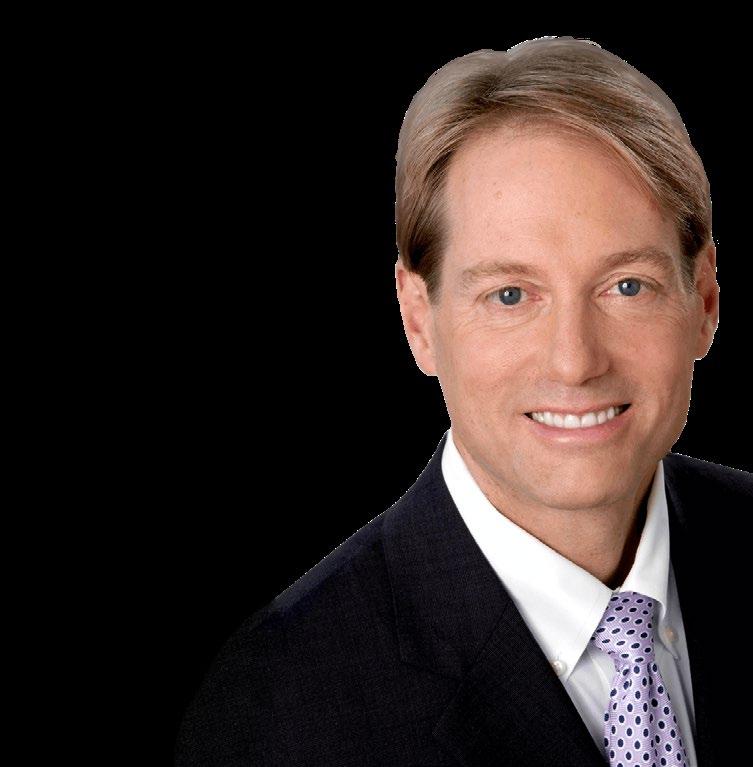

“It was like getting a meeting with the pope back in the day,” DirecTV chief content officer Robert Thun said.
When NBCUniversal CEO Jeff Shell was with Comcast, his office was down the hall from Bond’s. Distribution executives “would come to kiss the ring in his office and then traipse down to my office and complain about how unreasonable Matt was,” Shell said. “I, of course, would wait for them to leave and then go back into Matt’s office and have a laugh about it.”
Even Oprah Winfrey couldn’t
Jeff Shell, CEO, NBCUniversal impress Bond when she was launching OWN: The Oprah Winfrey Network, according to a former colleague. Bond recalled not liking the channel’s economics.
“I never liked the term gatekeeper,” Bond said. “It implies we had all this power and authority to decide what goes on TV. Programming was as important to us as we were to them. It was a balanced arrangement and obviously they determined what was on the air at the end of the day.”
When Comcast bought NBCU, Burke asked Bond to head content acquisition. “I didn’t have to think about it,” Bond said. “It was an exciting change in my career, something new to do. And I thought I could also create a lot of value.”
Said Shell, “One key to his success is he’s so thoughtful about the world and how our business has changed.” Now Bond negotiates with stream ing platforms in addition to traditional pay TV distributors. “I think Matt was clairvoyant in realizing that the future was more similar to the past than people would like to think.”
People he negotiates with say Bond’s elbows are less sharp now that he’s in
sales. “Yeah, that’s probably true,” Bond said.
Originally from Las Vegas, Bond went to the University of Denver and law school at the University of Colorado and settled there. He spends time outdoors — hiking, fishing and surfing. He also paints and rescues boxers, sometimes persuading colleagues to adopt large dogs.
Last year, he was climbing a frozen waterfall when he fell over and stopped breathing, suffering what’s known as the widowmaker heart attack. The guide he was climbing with saved his life by performing CPR for 30 minutes and was fortunate to get a cell signal to call a local hospital. A doctor told Bond’s wife, Lisa, that his heart had stopped for 30 minutes and encouraged her not to revive him because he likely suffered monumental brain damage and wouldn’t be able to feed himself.
“To her credit, she said no,” Bond said.
Bond was in a coma for weeks. When he came out of it, he felt few effects.
“The doctor came in as I’m eating some breakfast, and he said ,‘I can only explain this as proof of the existence of God,’ ” Bond recalled. A year later, he was ice climbing again in the same spot.
“If you said to me, ‘Who’s the person that’s going to come through this?’ It’s Matt Bond,” said Lori Conkling, global head of TV, film and sports partnerships for YouTube.
“Given what happened to me last year, I’m going to be the happiest person to ever receive this award,” Bond said, referring to joining the B+C Hall of Fame.
“I feel like I started in the Model T era and now I’m finishing in the Tesla era,” he said. “When I look over my life and my career, I’m enormously grateful and enormously lucky. I’ve really been proud to work with everybody. I’ve never had a bad boss. I know, most people can’t say that about their career.” ●
I think Matt was clairvoyant in realizing that the future was more similar to the past than people would like to think.”
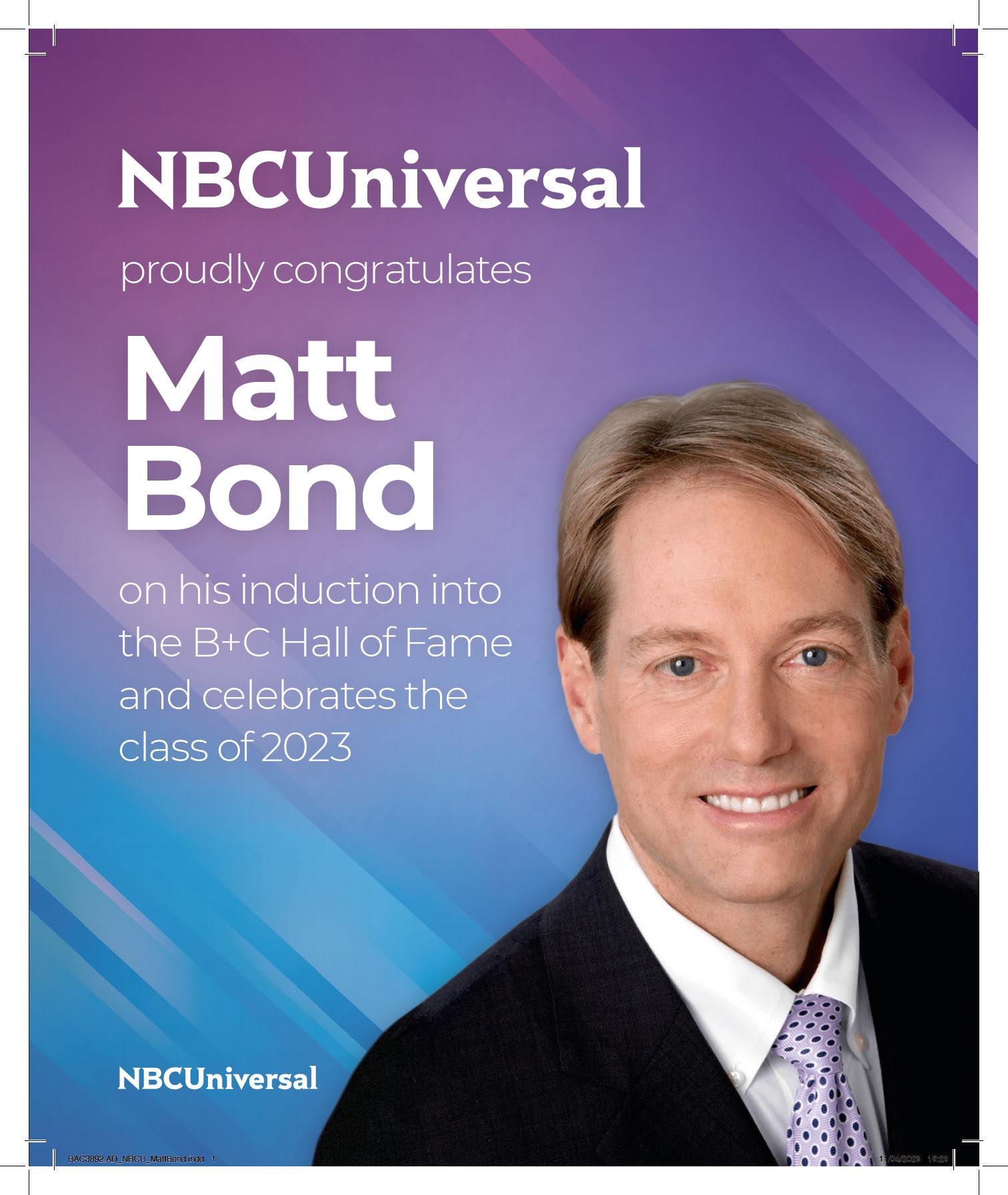
Growing up in the small town of Kingsley, Iowa, Ray Cole started working in the family grocery store at age 5. “I’d sort pop bottles and break 100-pound bags of potatoes down to 5or 10-pound bags for sale,” he recalled, adding that of the seven kids in his family, he was dubbed “Most Likely to Take Over the Store.”

In fact, while at college in Sioux City, he would drive home to help keep the store going when his father suffered health problems. After all, he planned to graduate and then return to the family business. That meant he was so busy he passed over the opportunity for Briar Cliff University’s new internship program until a department chairman pulled Cole aside and insisted that as a top student, he should help the school put its best foot forward.
Cole, now 67, chose a 10-week internship at KCAU Sioux City, the station he’d grown up watching.
It changed his life forever. “Bill Turner, who was running the station, gave me special projects after the internship ended, then another internship and then a full-time job,” Cole said. “That internship was in 1976 and I’ve never left the business.”
Cole — who proudly noted that he’s just the second Iowa-born person in the Broadcasting+Cable Hall of Fame after some guy named Johnny Carson (who famously moved to Nebraska) — had become KCAU’s general manager when Phil Lombardo and his company,
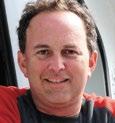
“I asked if he trusted me,” Lombardo, a 2015 B+C Hall of Fame inductee, recalled. “I said, ‘You have a title you don’t have the background for, so I want to demote you but then train you and mentor you so you can really become a general manager.’ Ray didn’t even ask to think about it, but immediately accepted the challenge.” He was made director of broadcast operations
Cole became president and chief operating officer of Citadel. In 1994, after Citadel added stations in Des Moines; Rock Island, Illinois; and Lincoln, Nebraska (Providence, Rhode Island, came later), Cole moved to Des Moines.
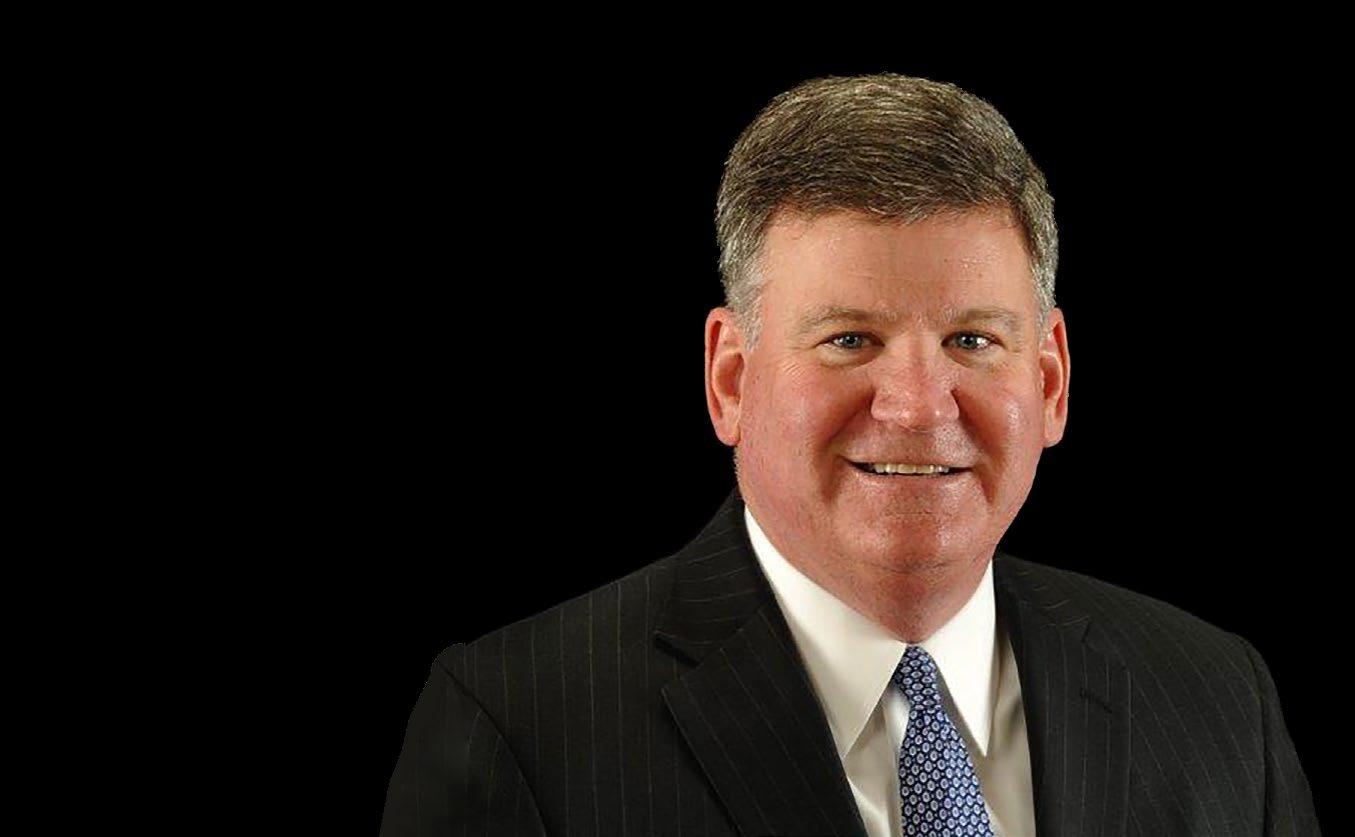
“As settled as our family was in Sioux City, I was going to be spending a lot of time in Des Moines, so it made sense to move and it was an exciting new challenge to have responsibility for the oversight of many stations instead of being general manager for just one,” Cole said, adding that the programming during the presidential caucuses, such as a primetime Republican debate in 2012, was especially rewarding. “It was an experience I wouldn’t trade for anything.”
In fact, Cole, who frequently traveled to New York and Burbank for business, turned down opportunities to trade life in Iowa for the big city. “My wife and I are high school sweethearts and we really wanted to raise our family here, so while I always enjoyed going to New York and Burbank, I was always happy to come back,” he said.
Cole continued to focus on serving his community in Des Moines, sitting on the boards of the Principal Charity Classic, Iowa Hall of Pride, Partnership for a Drug-Free Iowa, Rock in Prevention and the 2017 Solheim Cup Tournament.
While TV has changed dramatically since his childhood — “I remember when KCAU transitioned from blackand-white to color and as an executive I helped stations navigate the transition from analog to digital,” he said — he has learned along the way that technology is not the be-all, end-all.
“All the advances take a back seat to how well broadcasters serve their local community,” Cole said. “It’s still about being a good person and having good relationships, about being responsive with your programming and making sure you’re serving your community.” ●
All the advances take a back seat to how well broadcasters serve their local community. It’s still about being a good person and having good relationships, about being responsive with your programming and making sure you’re serving your community.”
Ray Cole Citadel Communications, took over in 1985.
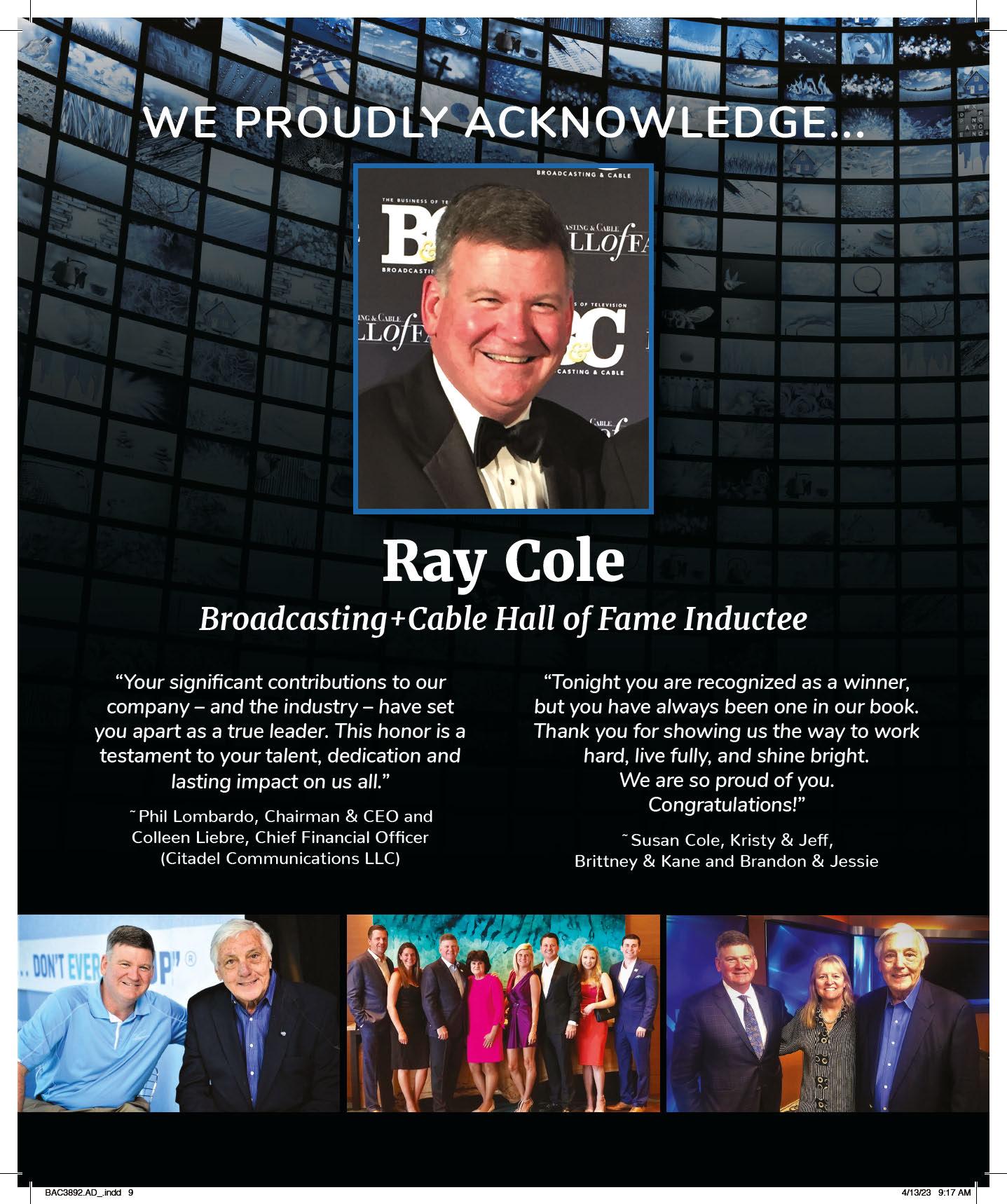
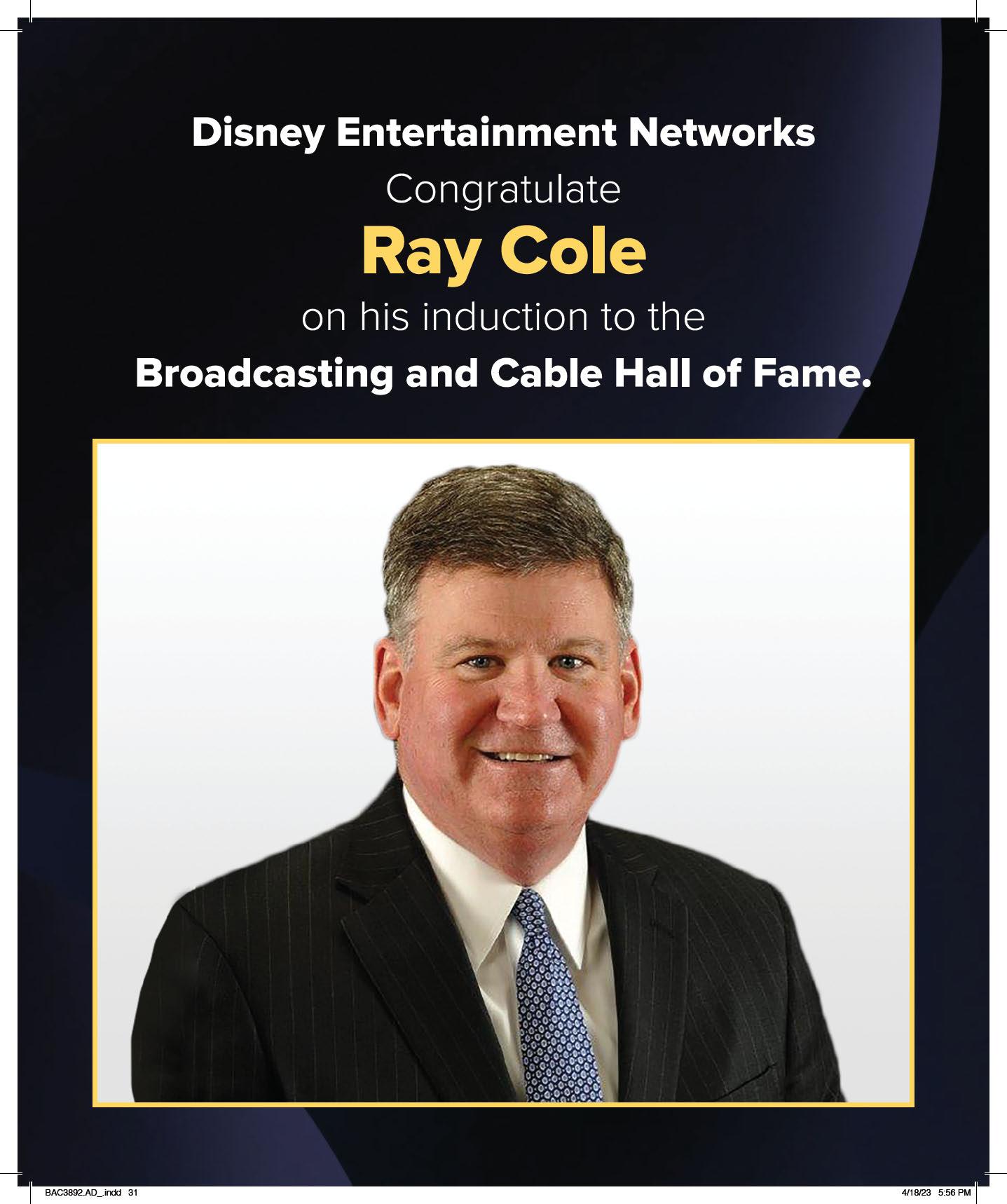
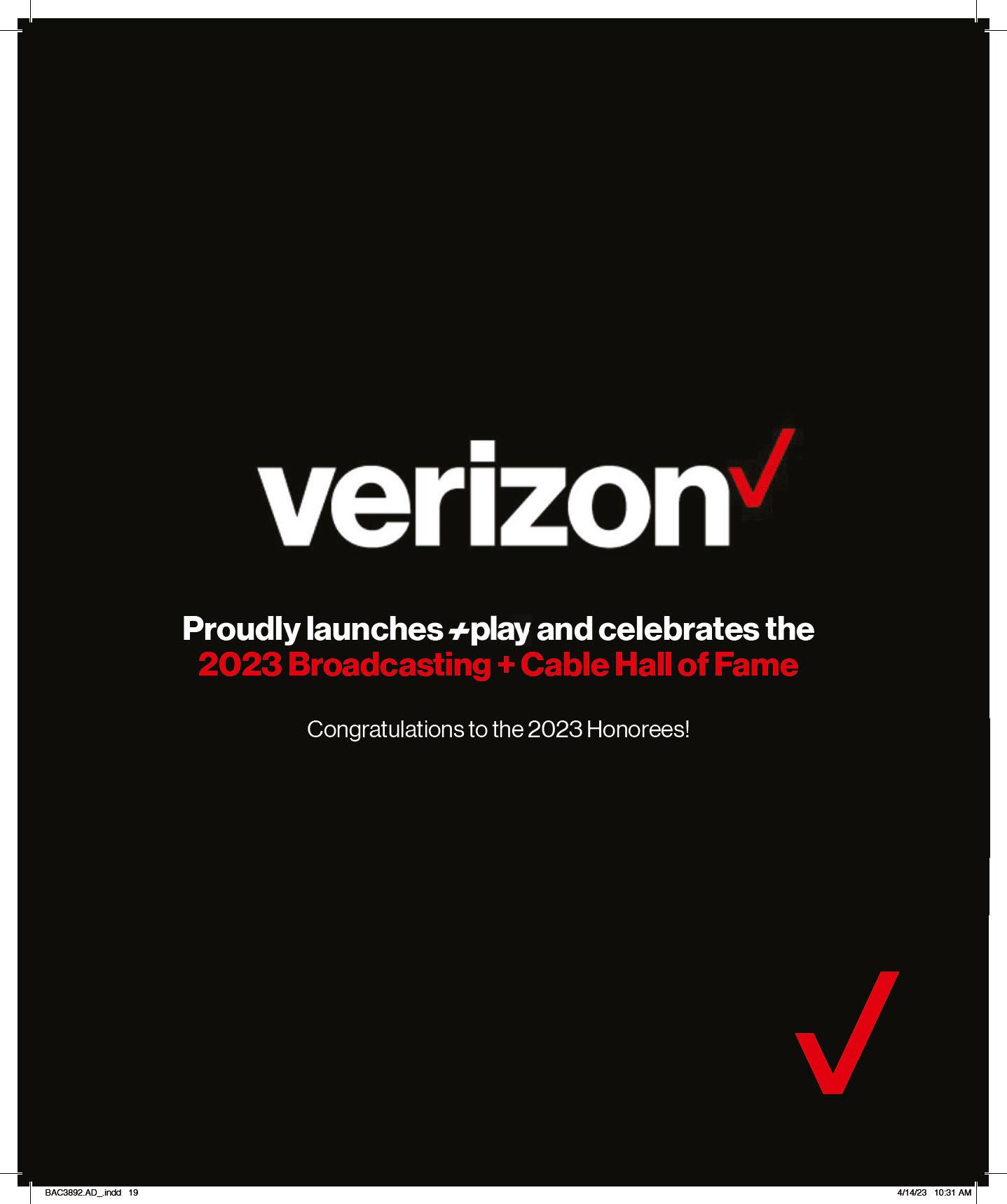
As Frank Comerford, chief revenue officer and president of local sales, has ascended the ranks within NBCUniversal, he always remained laserfocused on local. “My whole career has been in local, and local is about community,” Comerford said. “People care about where they live, whether it’s safe, where their kids go to school. I learned right from the beginning that that local station connection is something you can’t replace.”
That commitment to local extends to the work he does in his community.
“My family has been in New York City for generations,” he said. “I care about doing the right thing, I care about safety in New York and I care about supporting New York City charitable organizations. Doing good is good for the company and it’s good for the community.”
For example, when Comerford served as grand marshal for New York City’s St. Patrick’s Day Parade, he heard the conversations happening around him that no LGBTQ+ groups were allowed to march in the annual event under an identifying banner.
“There were conversations going on between advocacy groups outside of NBCUniversal and we were having discussions internally, but there didn’t appear to be any progress,” Craig Robinson, executive VP and chief diversity officer, NBCUniversal, said. “Frank called me to his office and said, ‘It’s past time for change and I am dedicated to doing what I can to break through that barrier.’”
Jon Miller, President of Acquisitions and Partnerships, NBC SportsAfter a year of conversations with key players, the NBCU employee resource group OUT@NBCUniversal was able to march as an identified group in New York City’s St. Patrick’s Day Parade in 2015. The event made worldwide news.
“Eight years later, it seems like a matterof-fact issue; it is not,” Robinson said. “It was absolutely groundbreaking. It was Frank Comerford who said, ‘What am I doing if I’m not using my voice to fight for equity and equality?’ ”
It’s those skills of listening and persuasion that have served Comerford throughout his more than 40 years in the TV industry and more than 30 years at NBCU.
“One thing I tell every person early in their career is that sales isn’t about talking, sales is about listening. The customer will tell you what they need if you take the time to listen,” Comerford said.
“Frank puts himself in the seat of his client,” Jon Miller, president of acquisitions and partnerships, NBC Sports, said. “The people in our business appreciate that.”
Comerford started his career at Storer Television Sales in New York in 1981 and then served in several sales management positions at WSBK Boston from 1986 to 1994, when he moved to NBC in sales leadership roles. In 1996, he was named VP of sales for WNBC, and he was promoted to executive VP of sales
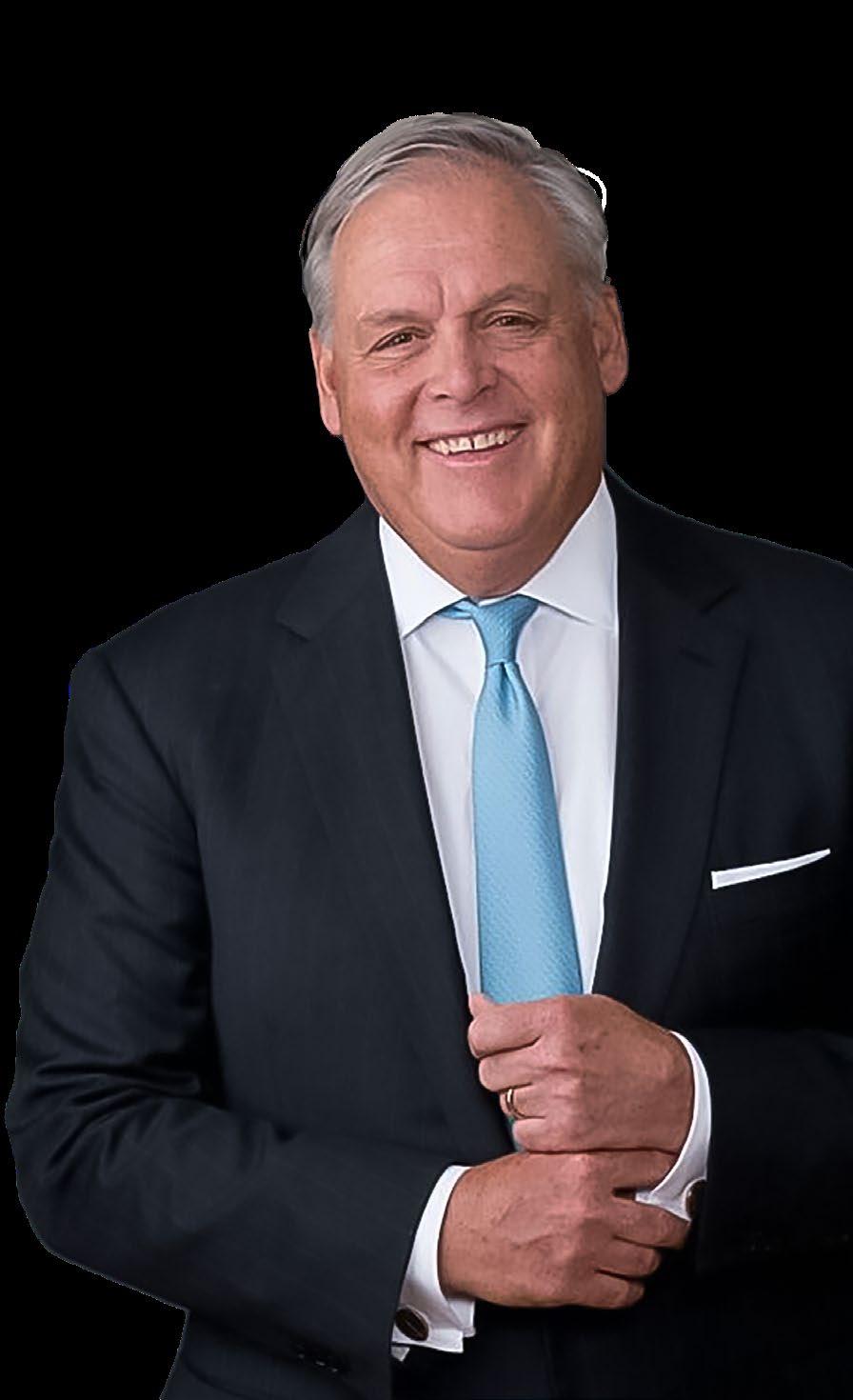
and marketing for the NBC Owned Stations Group in 1999.
In 2002, he was named president and general manager of NBC’s flagship station, WNBC New York, where he worked for 11 years. In October 2013, he was promoted to his current role, overseeing sales and marketing for all of NBCU’s local media properties, including Telemundo.
Over the past several years, Comerford has worked to convert NBCUniversal’s ad sales to impressions, leading the industry in moving away from ratings to a more modern means of measurement.

“I’ve been working for him on and off for 15 years,” Mike Chico, executive VP, NBCU Television Station Sales, said. “He has been an industry leader in all of those years, and most recently when we started changing the industry to move from ratings to impressions.”
Comerford also moved to combine NBCU’s national and local ad sales teams so that every salesperson has the ability to sell across NBCU’s raft of platforms and offerings.
“I think it’s been one of the best moves we’ve ever made,” Comerford said. “It’s given us communication between the network and local teams that has never been as good. We share information, we share resources, we share strategies. For me, it’s turned out better than I ever expected.”
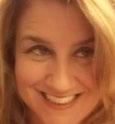
Frank puts himself in the seat of his client.
The people in our business appreciate that.”
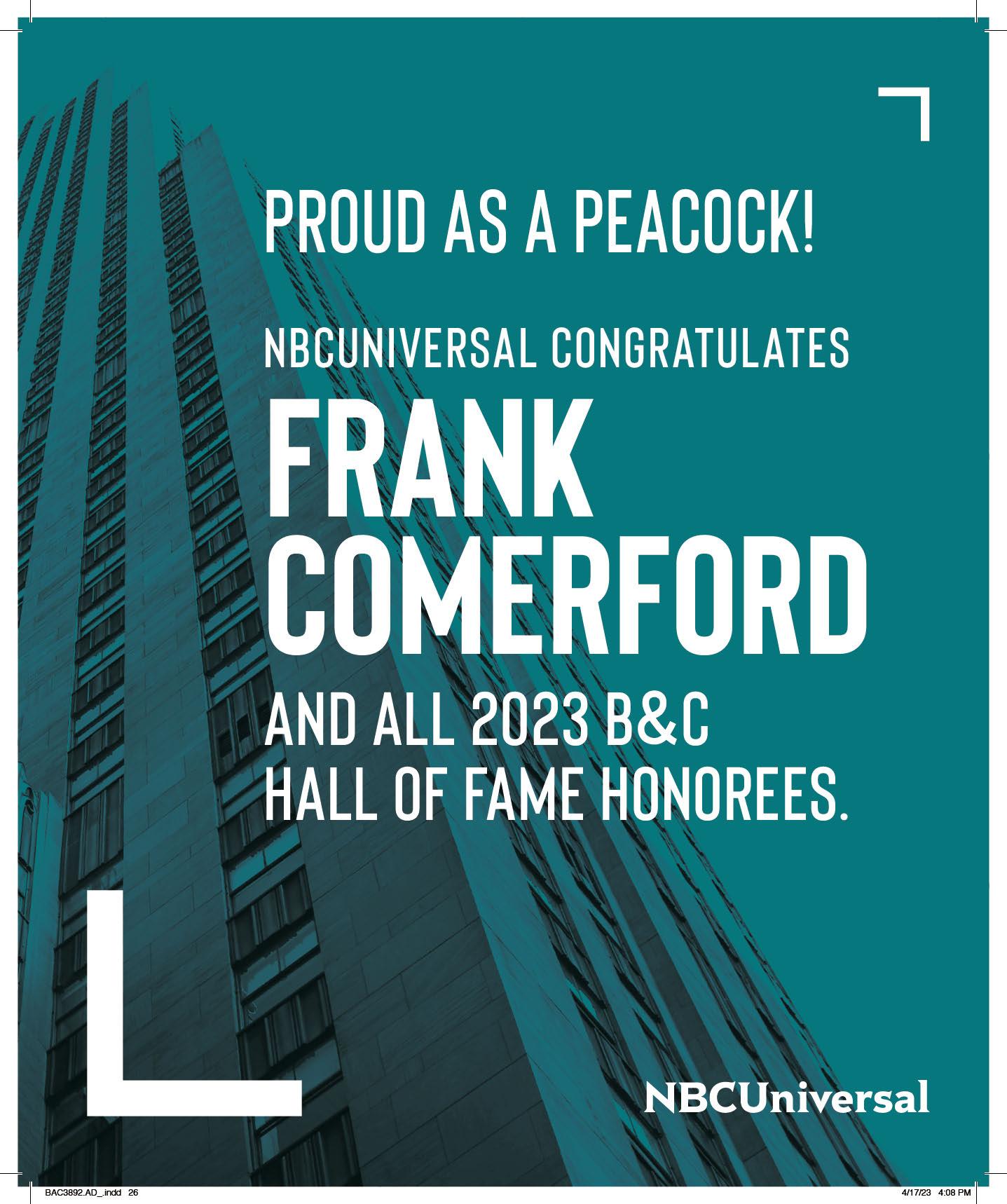
Perry Sook, chairman and CEO of Nexstar Media Group, says negotiating with Ray Hopkins is like “watching the first 15 minutes of Saving Private Ryan over and over again.”

Jordan Wertlieb, chief operating officer of Hearst, compared dealing with Hopkins to a 19th-century duel. “It is defined. It is gentlemanly. It is head-on. And once it concludes it concludes,” he said. “Both parties are bloody but shake hands at the end of the day.”
When asked about Hopkins, Tegna CEO Dave Lougee recalled cartoons in which the barnyard dog would protect his chickens ferociously all day long, but when the whistle blew at 5 p.m., he’d have a drink with the predator and ask about his family.
Despite the fireworks, Sook, Wertlieb and Lougee all consider Hopkins a friend.
Hopkins grew up in New Jersey. His father, Big Ray, negotiated as a union rep. He wanted to be in sales and, after two years selling medical supplies, his aunt, In Demand CEO Dale Hopkins — then in ad sales for CNBC — helped him get an interview in the TV business.
Hopkins took a job in affiliate relations at CNBC. He planned to do that for a few years, then move over to ad sales. “Thirty years later, I’m still waiting.”

He did some of the first retransmission-consent deals. “I can always teach
Tracy Dolgin, former executive, Fox the business, but I can’t teach intangibles like good judgement, work ethic and passion for the industry,” Bridget Baker, former president of TV Network Distribution at NBC, recalled. “From the first meeting, I could tell Ray wanted to win. He was instinctively a good negotiator.”
Hopkins, who loves sports, moved to Prime Ticket, the Los Angeles regional sports network acquired by Fox. At Fox, Hopkins was part of an all-star lineup of young cable distribution execs, also including Mike Hopkins, Mike Biard, Dana Zimmer and Albert Cheng, said NBCUniversal CEO Jeff Shell, who was president of Fox Cable Networks. “Ray was definitely the first among equals back then,” Shell said. Shell took Hopkins with him when Rupert Murdoch chose him to try to fix Gemstar-TV Guide.
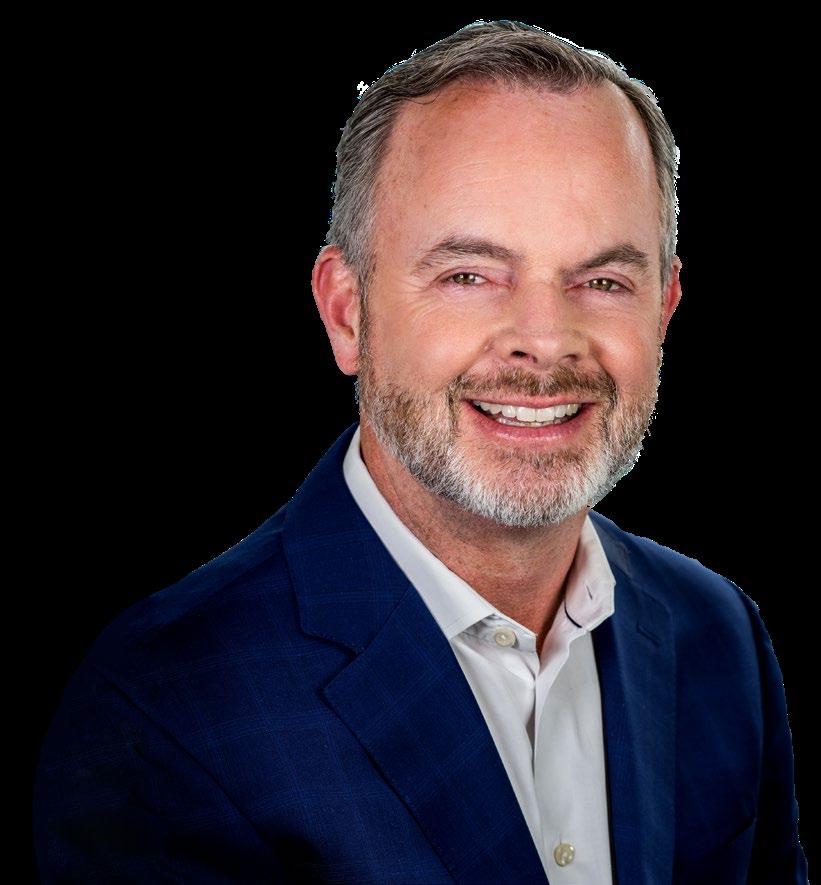
Hopkins, a Mets fan, was recruited by Tracy Dolgin, another former Fox exec, to join YES Network. “By far the best distribution person I’ve ever met in my life is Ray,” Dolgin said. “He’s a unicorn. Even though he got an amazing deal, the top people at the top distributors loved him.They walked out feeling it was a partnership and they knew with 100% certainty that every single thing he said in that meeting was true.”
Hopkins helped sell YES at the top of the market to Fox. “Now, he’s a Yankee fan. We paid for his house in the Bahamas and the Jersey Shore and his parents’ house in Florida,” Dolgin said.
CBS had meetings about buying YES and wound up hiring Hopkins. When CBS combined with Viacom, Viacom CEO Bob Bakish picked Hopkins to head distribution for Paramount Global.
“I’m very grateful for being in an industry by pure luck and having so much upward trajectory,” Hopkins said.
“Along the way I’ve had great bosses, many of whom I’ve become good friends with. They have mentored me and trusted me to do the job.”
Hopkins works hard and plays hard. “A round of golf with Ray is an 18-hole betting affair. I’ve even seen Ray turn the practice tee into a competition while we’re warming up,” Sook said. Hopkins doesn’t believe in letting the client win. “I don’t win all the time, but it’s not for a lack of trying or effort,” Hopkins confirmed.
Gemstar owned horse-racing channel TVG and Hopkins would send friends an annual email with Kentucky Derby picks. “For seven years in a row, I won money on the Kentucky Derby,” Shell said. “Once he got the CBS job, I stopped winning money.”
Hopkins doesn’t believe in betting on his health. When a pimple wouldn’t heal, he went to a doctor. A short procedure turned into eight hours of surgery and 75% of his nose being removed. The cancer is gone and with reconstructive surgery, he says you can barely notice that he has a new nose.
“If I didn’t get tested it would have metastasized and become a larger issue,” he said. “I can’t stress enough for those that are fair-skinned to get tested regularly.”
During his recuperation Hopkins grew a beard. “My daughter says it makes me look a little more relaxed,” he said. ●
He’s a unicorn. Even though he got an amazing deal, the top people at the top distributors loved him.”

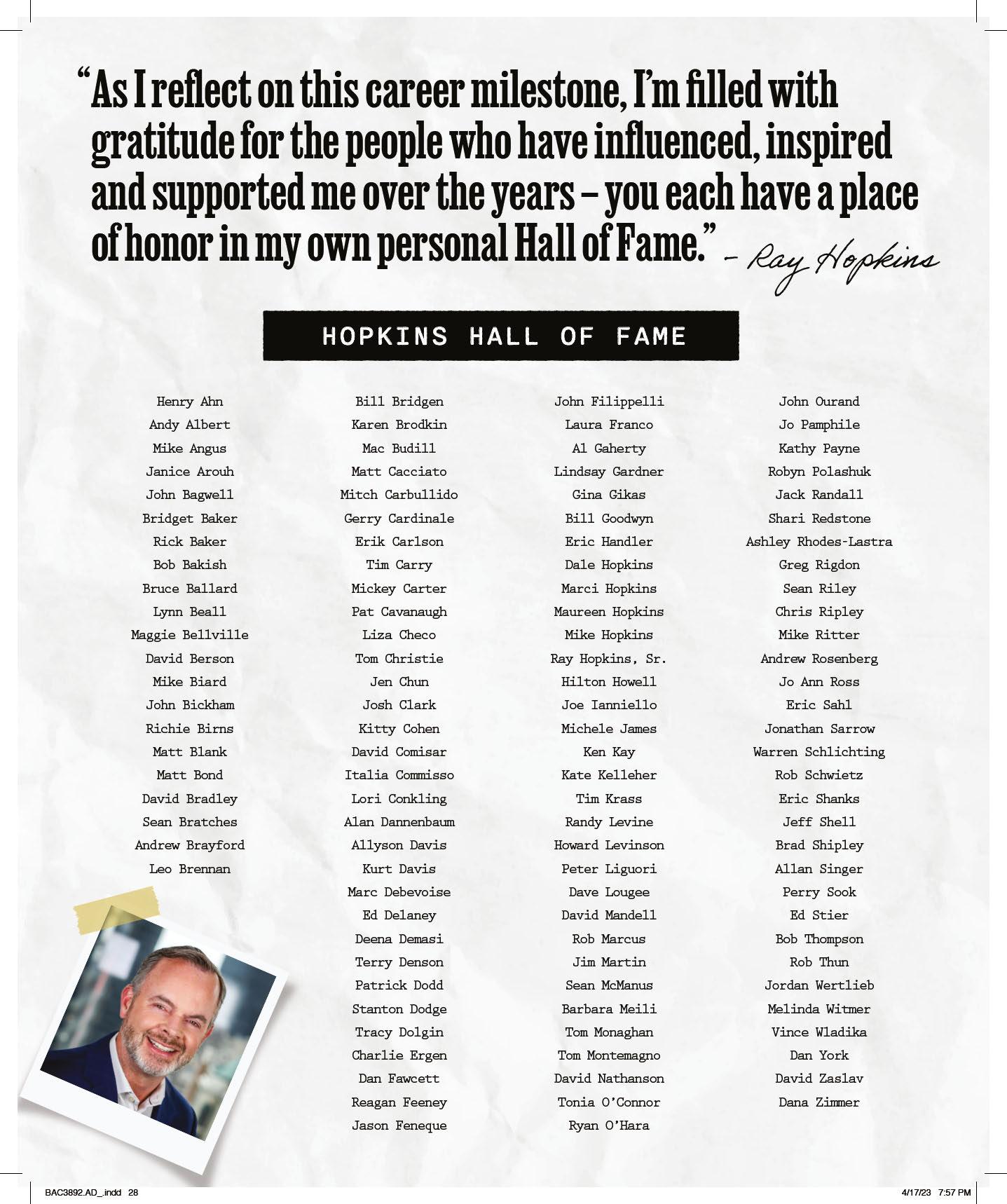
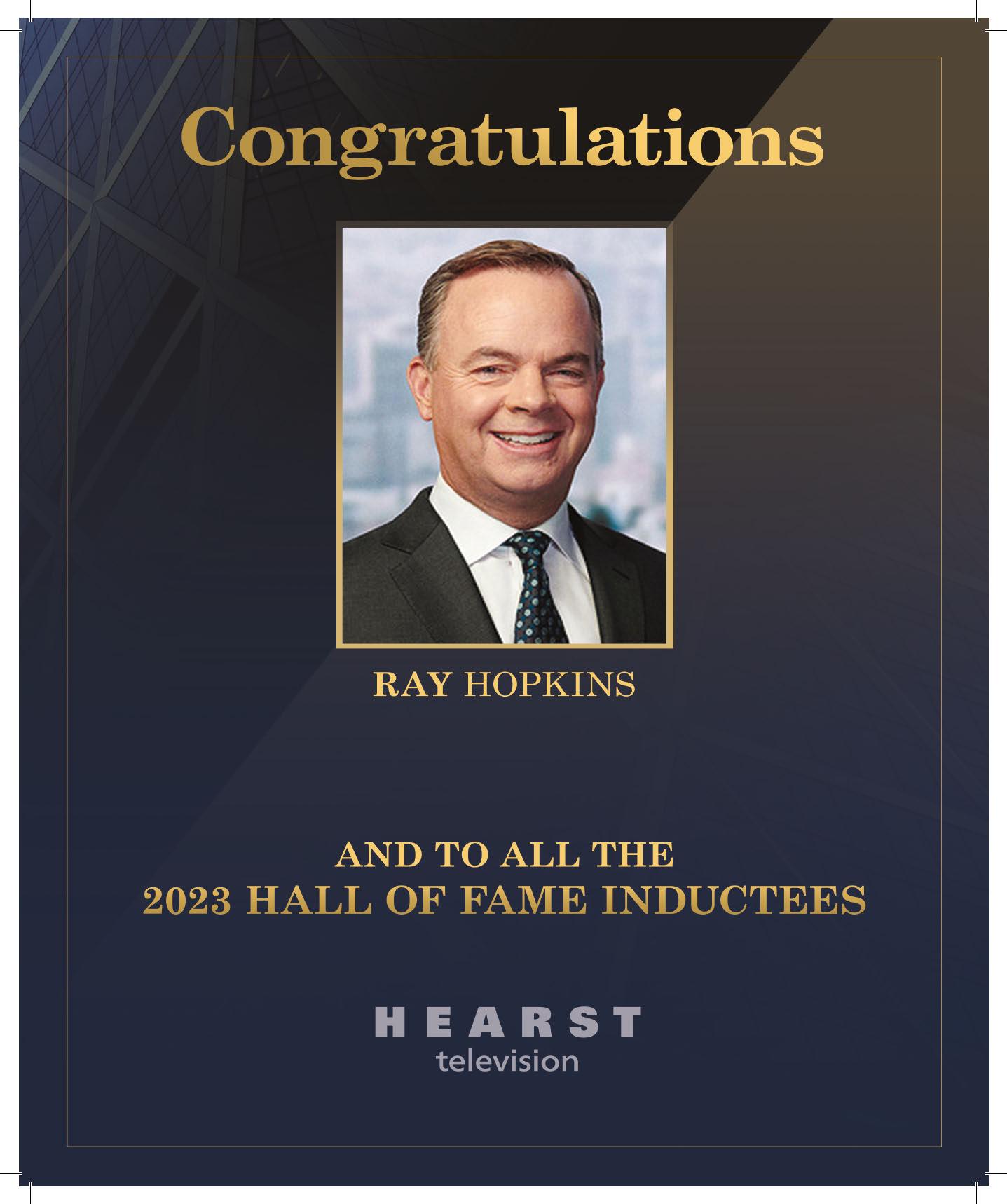
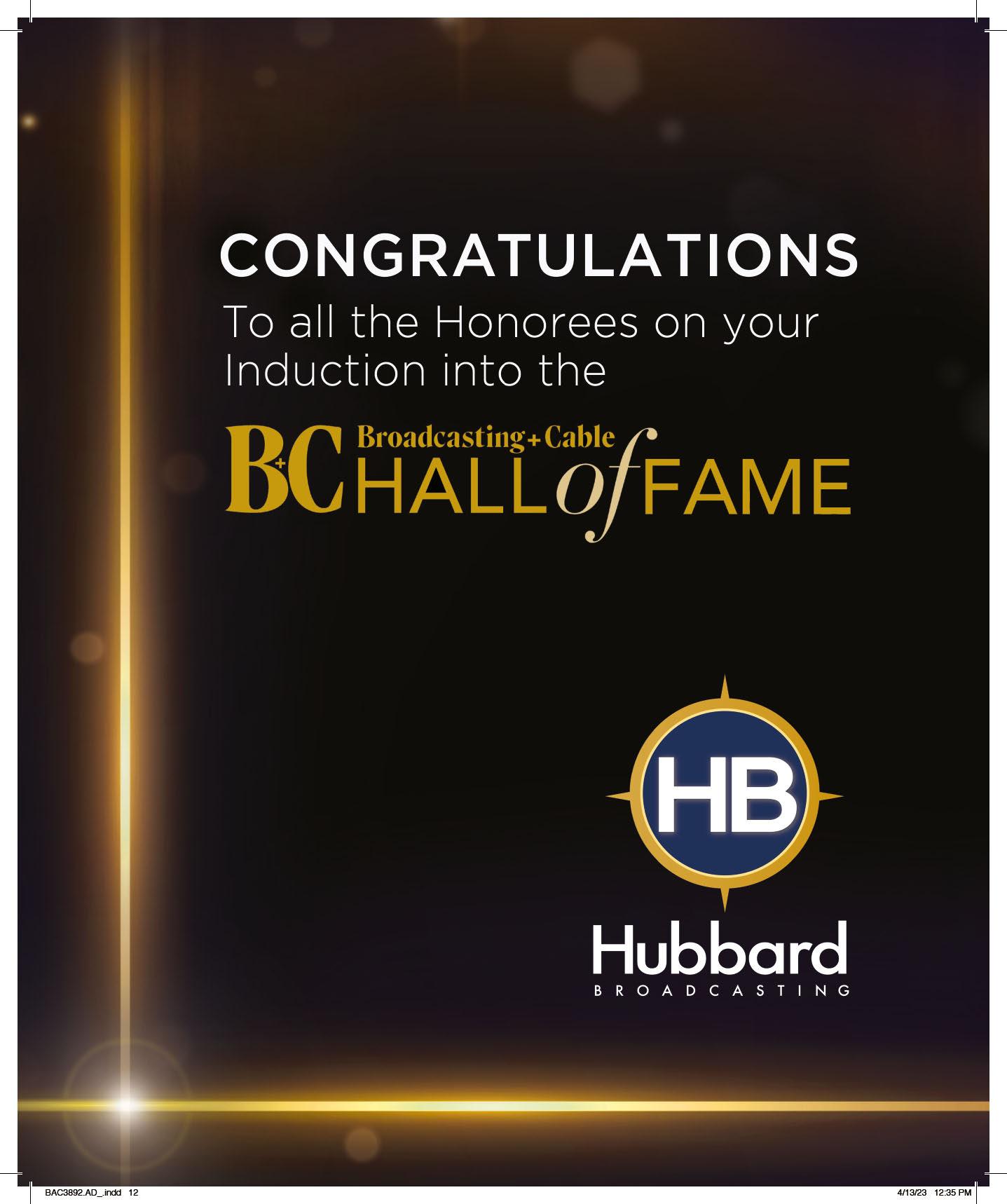
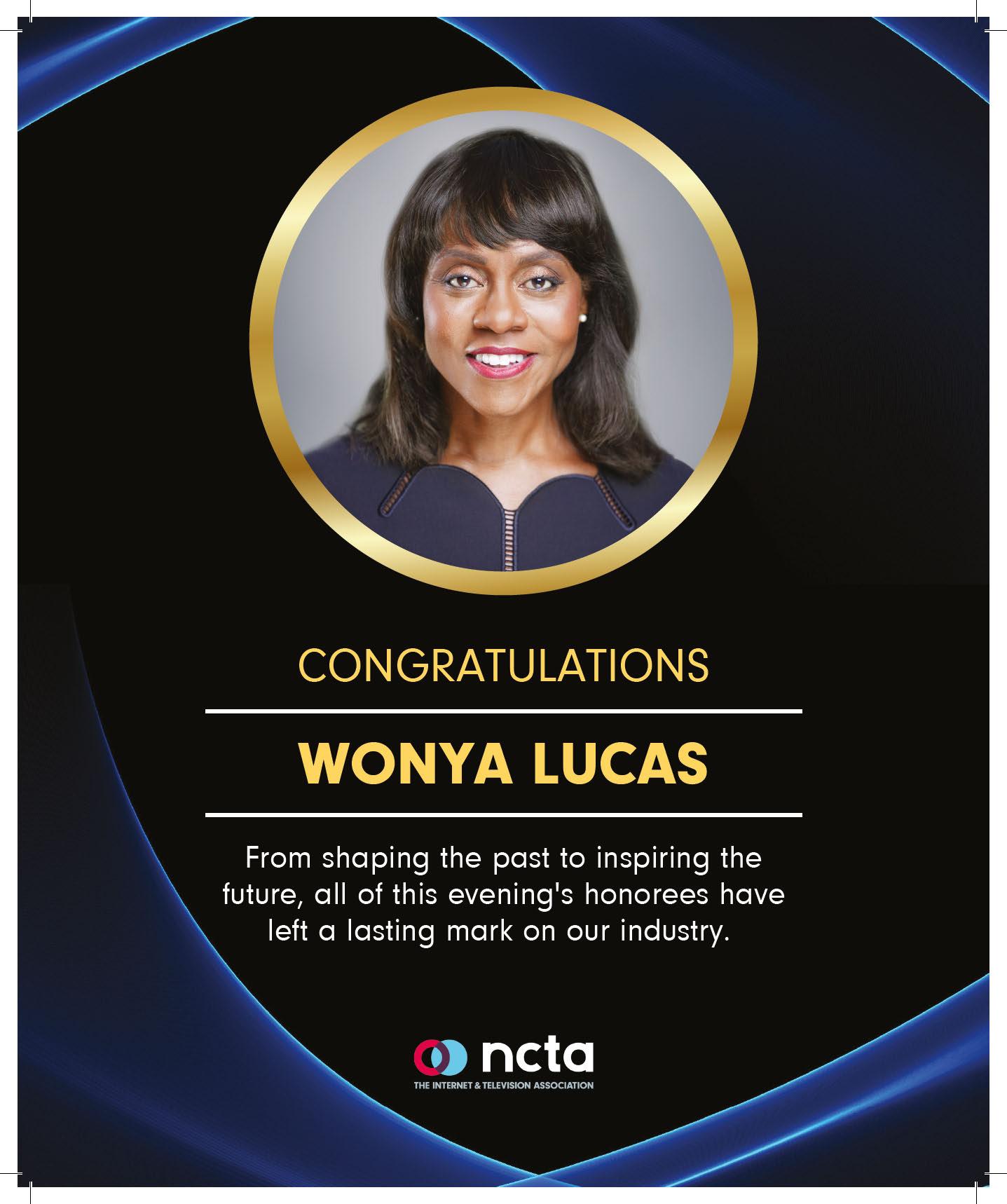
Growing up in Atlanta as the daughter of Bill Lucas, VP of player personnel for Major League Baseball’s Atlanta Braves, one wouldn’t have blinked an eye if Wonya Lucas took a career swing at the sports business.
But it was television that made an impression and would eventually guide her to success leading a number of prestigious entertainment brands, from The Weather Channel to TV One to Hallmark Media, where she serves as CEO.
“I never really left the South growing up because my dad was in baseball, but television helped me really move beyond those boundaries,” she said. “It was the Hallmark Hall of Fame movies that really resonated with me. It was there that I first saw Black life treated respectfully.”
Still, Lucas considered a career in sports following in the footsteps of her father — who was the first African-American executive to run a Major League Baseball team — as well as her uncle, baseball great Hank Aaron, when she enrolled at The Wharton School at the University of Pennsylvania. It was there, though, that her focus shifted to media.

“When I went to business school I wanted to be a sports agent, but I ultimately wanted to be in the entertainment business,” she said. “It seemed like more fun. I wanted to be in a business that, like sports, really mattered in people’s lives, and that mattered in my life.”
Her father’s influence remained as she sought to be a general manager and run a business like
her dad. After graduating and working as a brand manager at Clorox and Coca-Cola, in 1994 she joined Turner Broadcasting System, which owned the Braves and where her mom, Rubye, worked. She would remain there through 2002, ascending to VP of business operations and network development for TNT and TBS and senior VP of strategic marketing for CNN.
knew I wanted to be a general manager and run a network,” she said.
Lucas would realize her dream in 2002, becoming executive VP and general manager of The Weather Channel. “The other through line in my career is trying to work on brands that had a sense of purpose, and The Weather Channel was all about making a difference in people’s lives,” she said.
Lucas continued to seek opportunities to work on brands that focused on teaching, entertaining and influencing people through stints at Discovery, as chief marketing officer; as president and CEO of African-American targeted cable network TV One; and president and CEO of Public Broadcasting Atlanta.
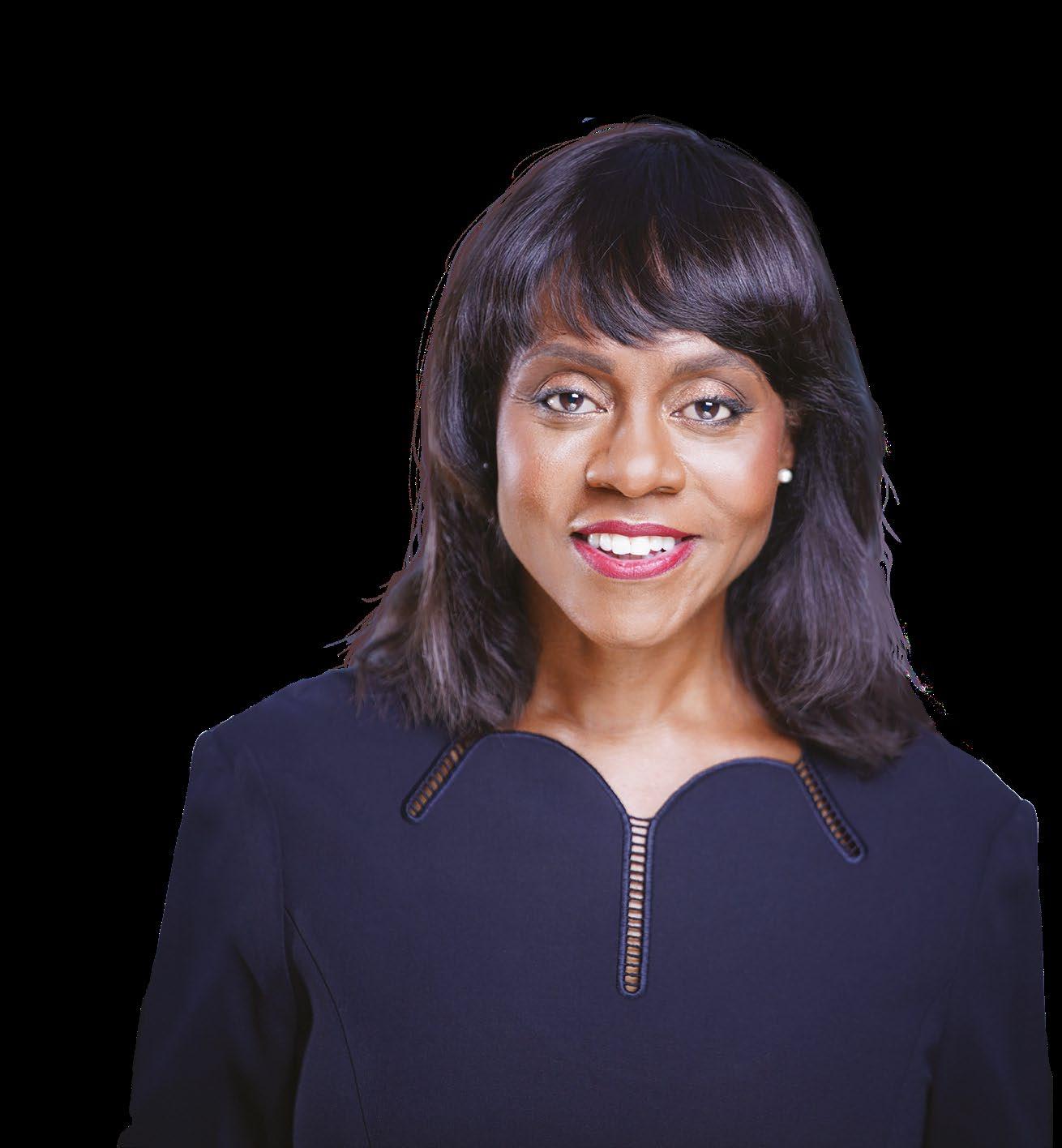
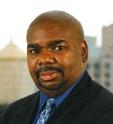
“Wonya is one of the most talented leaders in the business. She has incredible people skills, business acumen and her marketing prowess is pure genius,” TV One and Cleo TV president Michelle Rice said. “She is a strong advocate for women and has been a necessary disruptor in our industry for decades.”
In 2020 Lucas would take the reins of Hallmark Channel, part of the entertainment brand that initially influenced her as a child. “The Hallmark Channel did mean something to me from an emotional perspective, but I also saw the opportunity from a brand perspective to reach people,” she said.
One of Lucas’s major initiatives at Hallmark was last year’s extension of the Mahogany card brand into original movies that tell authentic stories from a Black perspective.
“When I saw Mahogany within our portfolio, as well as DaySpring [greeting cards] which targets the Christian community, I felt like there was a substantial opportunity to build on well-established intellectual property and brands that existed under the umbrella of Hallmark,” she said.
Growing up, Lucas said, she could have never imagined all the accolades that her career path would garner, including induction into the B+C Hall of Fame. “I knew I loved this business and how it changed my life as a child and as a person throughout my life, and it’s such a great honor to be recognized in this way.” ●
I wanted to be in a business that, like sports, really mattered in people’s lives, and that mattered in my life.”
Wonya Lucas


She has a legacy of groundbreaking journalism, her own production company and a stack of awards, including three Emmys and a 2022 Film Independent Spirit Award for HBO docuseries Black and Missing. But don’t expect Soledad O’Brien to slow down anytime soon in her pursuit of investigating and sharing stories of human impact through her unique lens of candor.
“Over time, I have learned some fearlessness in asking questions that involve tricky subjects — like rape, like class,” O’Brien said. “Sometimes you have to keep drilling down and you can’t take some half answer at face value.”
Recalling her coverage of Hurricane Katrina for CNN in 2005, when then-Federal Emergency Management Agency director Michael Brown was being showered with kudos for getting supplies into New Orleans, O’Brien said she saw a different scenario. “It would be very easy to stick with the narrative that Brown was doing a great job,” she recalled. “But you do have to sort of say, ‘Wait a minute, that’s not what I’m seeing.’ There’s a responsibility, an opportunity. Because a lot of people just aren’t covering things, and you just have to not give a f*** about the backlash and what comes back to you.”
O’Brien cited reporting on the Katrina aftermath — for which she remained on-site for months — as a pivotal career moment. “That was the
Soledad O’Brien

first time I started thinking about, ‘What are we trying to do in our coverage?’ and understanding how you could consider social implications that were rolled into a story that was not the story of a storm, certainly, but was about who has access and who doesn’t.”

Another inflection point came with her work on the 2008 CNN docuseries Black in America. “I had not really done a deep dive into anything before that and it was a big, important series and there was a ton of money, time and focus being put into it. It felt to me like the stakes were really high,” she said.
O’Brien left CNN in 2013 and launched her own production company, now called SO’B Productions, where she focuses on uplifting “people who are chronically and constantly ignored and left out of the narrative. The voiceless have a voice, but getting someone to want to hear it is a little bit challeng ing. So if I can use my platform to elevate their message that’s what I want to do.” She’s also expanded her relationships in media including with Hearst Media Production Group, home of political magazine program
O’Brien “elevates the content and identity of this important weekly program with her unique blend of journalistic experience, integrity, compassion and natural curiosity,” said Frank Biancuzzo, president of HMPG, who noted that through the series, she “connects with all demographic groups, a rarity in the national news and information space.”
Consistent throughout her work is O’Brien’s passion for getting to the heart of the story without being sidetracked by the noise and superficial discourse. Her feature documentary The Rebellious Life of Mrs. Rosa Parks, streaming on Peacock and a Critics Choice Award nominee, is a prime example.
“One thing I’ve loved about doing Matter of Fact is we spend a lot of time informing viewers about things they have not heard about and giving a lot of context to politics,” she said. “We certainly don’t have elected officials who sit on either side of the aisle yelling at each other for four minutes. It’s not helpful to people. We have so many complicated issues happening and there are so many opportunities to really explain them to people, so why squander that?”
O’Brien is also an active participant in dialogue over social media — she has 1.3 million Twitter followers — including a recent thread regarding her thoughts about working with Don Lemon (spoiler alert: they aren’t positive) during her tenure at CNN.
“I don’t need to go through my ‘people’ to give a comment on something that’s obviously hurtful and mean and inappropriate,” she said. “I can just tweet about it or go on Instagram. People don’t always agree with me, which is also fine, but I think you end up in a dialogue, a conversation with your viewers, versus feeling like you’re just a disembodied person telling a disembodied story.” ●
The voiceless have a voice, but getting someone to want to hear it is a little bit challenging. So if I can use my platform to elevate their message, that’s what I want to do.”
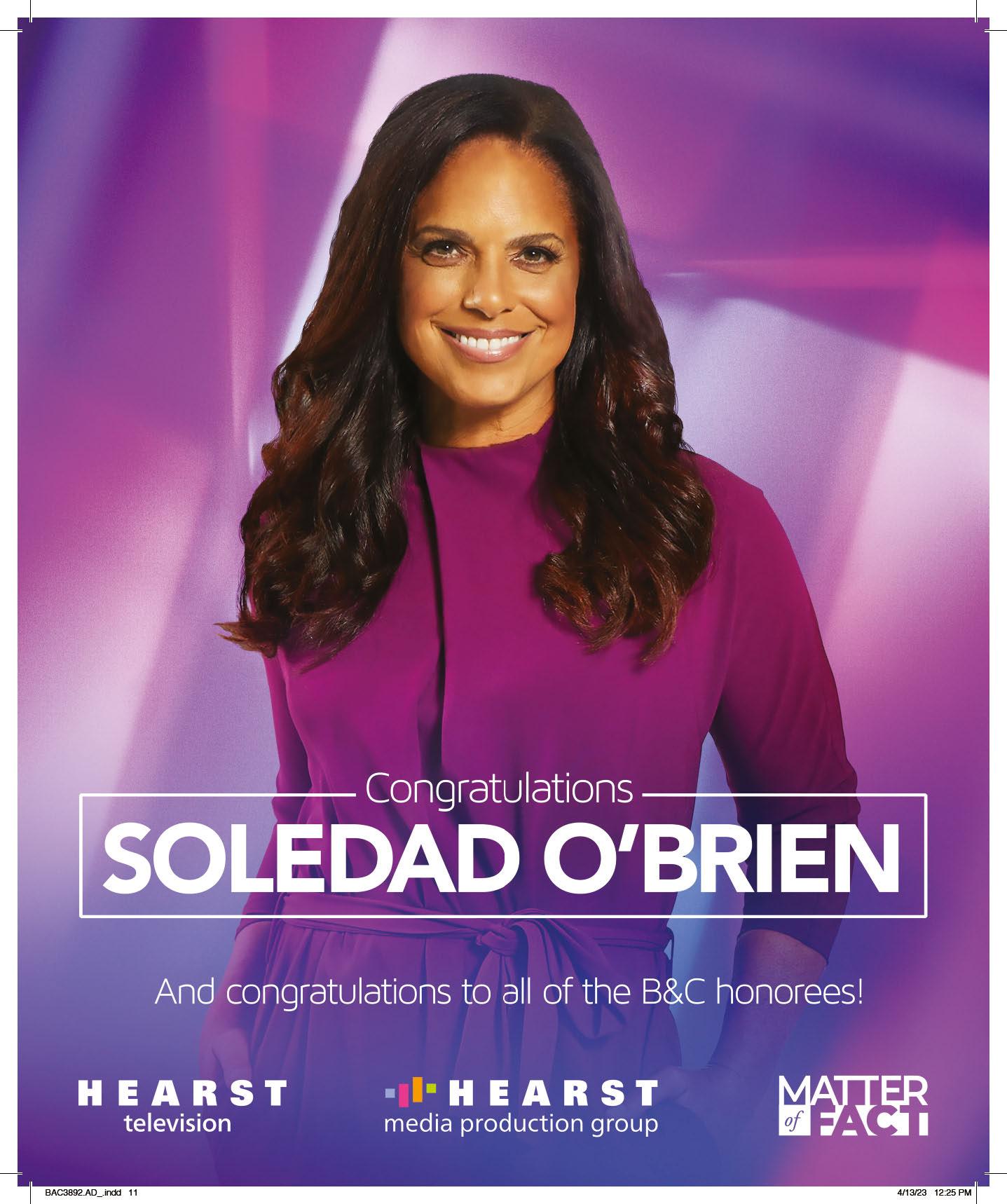
The day after her daytime talk show, Rachael Ray, ended, it didn’t even occur to the host and cook to take a break: She was on her way to Lviv, Ukraine, where she has been bringing key supplies to the country’s largest orphanage, a children’s hospital and a rehab center, whether by raising funds to acquire them or by buying them herself. She’s planning a fifth trip to the country in June.

When Ray speaks about these efforts, her passion rings out. “I will keep going as long as these people need me,” she said. “These people are protecting democracy for the entire planet. There are children with no limbs, grandmothers who are building Molotov cocktails. All of the men, daddies and grampas, are working on the front lines. Our freedom is what we owe these people.”
Ray’s energy is daunting even to her peers. “People like Rachael are what I call superhumans,” Sunny Anderson, TV chef, frequent guest on Rachael Ray and co-host of Food Network’s The Kitchen, said. “She’s able to do so much more in 24 hours than I can even imagine. To see it up close, you just see it’s like an engine.”
Janet Annino, who executive produced Rachael Ray throughout its entire 17-season run, noted how the war in Ukraine sparked something in Ray. “She’s smart as a whip and she has ideas coming out of every pore,”
Annino said. “She gets so excited about things in a way I find very refreshing.”
Ray started in TV after being discovered by CBS affiliate WRGB Albany-Schenectady, New York, while she was working for gourmet market Cowan & Lobel. She had created a course teaching “30-Minute Mediterranean Meals” to shoppers that became a signature segment on the local evening news, then a show on the Food Network and finally a line of cookbooks. In 2006, she launched her daytime talk show with CBS Television Distribution in association with Harpo Productions, Scripps Networks and Watch Entertainment.
“Rachael is incredibly humble and relatable,” Emeril Lagasse, famed TV chef and restaurateur, said.

“Rachael creates recipes that almost anyone can cook at home and her bubbly and friendly personality is magnetic. She
connects with people and what you see is what you get. There isn’t anything fussy about Rachael.”

All of that is why Ray succeeded as a daytime host, Steve LoCascio, president of CBS Media Ventures, said. “Rachael Ray is like your girlfriend teaching you how to make a meal every day,” he said.
Ray’s brand has grown into cookware, furniture and home design, pet food and care and, of course, philanthropy. All of the profit from her line of premium pet food and treats, Rachael Ray Nutrish, goes to The Rachael Ray Foundation, which she founded in 2016 and helps animals in need and other causes she cares about. She also launched nonprofit organization Yum-o! in 2006. Named for one of her signature phrases, it helps kids and families develop healthy relationships with food and cooking. All of that has allowed her to donate more than $100 million in the U.S. alone.
Now she’s expanding those efforts to Ukraine and beyond.
Even with all of that on her plate, Ray already is planning her next content empire, with several shows in development. One thing is sure: wherever she is, Ray will keep on working.
“My grandfather taught me all of the most important lessons in life,” Ray said. “If I came home crying from kindergarten, he would say, ‘What are you crying about? You have 10 fingers, 10 toes and a brain.’ He gave me no excuses for not enjoying the gift of life itself and taught me to appreciate the privilege and joy of work. We all must learn, we all must work, we all must try — there’s no excuse for not trying your best at these basic things.” ●
‘Rachael Ray’
Rachael creates recipes that almost anyone can cook at home and her bubbly and friendly personality is magnetic. She connects with people and what you see is what you get.”
Emeril Lagasse, TV chef and restaurateur



The past few years have seen veteran correspondent Deborah Roberts at her best. As the nation was riven following the killings of Black citizens by police, Roberts covered the news not just as a typically dispassionate reporter, but as a fully sentient human being. In 2021, she was awarded a Peabody Award for the 20/20 special Say Her Name: Breonna Taylor, which featured Roberts’s extensive reporting on the tragic killing.
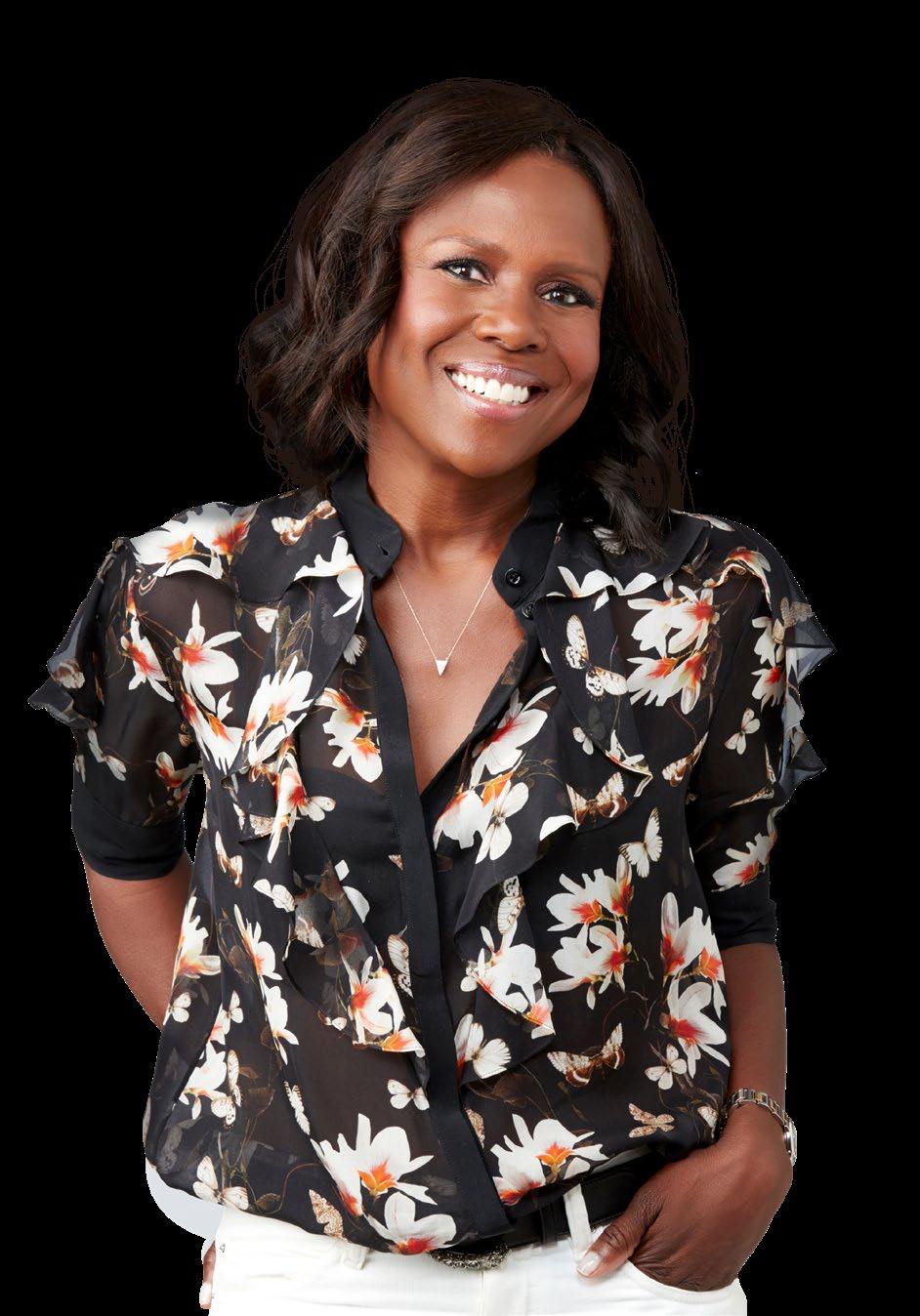
“That was satisfying, for once as a journalist, to report on issues that are not only of our time, but also that affected me deeply as a person, as a person of color, as a woman, as a mother,” she said. “I drew from a lot of personal emotions as I was reporting on those stories.”
Janice Johnston, 20/20 executive producer, said Roberts always puts a unique stamp on her reportage. “The combination of her hard news, her journalistic drive and that she’s such a compassionate interviewer are what sets her apart,” Johnston said. “Particularly for our show, it’s a wonderful mix.”
Growing up in Perry, Georgia, Roberts’s family sat down to watch the news with Walter Cronkite every evening. “I used to sit and stare at the screen in a way my brothers and sisters didn’t,” said Roberts, one of nine children. “I was really taking it in.”
While studying at the University of Georgia, she got an internship with Georgia Public Television, covering the state legislature. One summer, she worked at WMAZ Macon. By the time Roberts graduated, she had a bit of on-air experience.
She landed at WTVM Columbus, Georgia, as a general assignment reporter and began to ease into the role. “I had a lot of fire and determination,” she said, “and I think my news director saw that.”
Roberts moved on to WBIR Knoxville, then WFTV Orlando, before landing at NBC News as a reporter in 1990. Filling in for Deborah Norville on the Today news desk, she met her future husband. It happened to be Roberts’s birthday, and Al Roker, also a 2023 Hall of Fame inductee, suggested they go out to lunch.
“He was friendly and lovely,” she said. Roberts switched to ABC News in 1995. She counts Diane Sawyer and the late Barbara Walters as “key mentors” in her career. “Both reached out and both always had their doors open if I wanted to stop in,” she said.
Johnston mentioned how Roberts is a cornerstone that connects the earlier days of 20/20 and the present program. “That legacy of reporting and gravitas — she’s a bridge of that,” Johnston said.
Roberts has a keen perspective on what keeps both World News Tonight and Good Morning America on top in their ultra-competitive ratings races. Of the evening newscast, she said, “People want to be informed, but they also want to have a little hope.”
Whenever she discusses a story with anchor David Muir, Roberts works to find “a little glimmer of light” in it, she said.
Same goes for GMA. The show “not only informs you, but leaves you feeling a sense of wonder, a sense of contentment,” she said.
Roker noted the intense prep work Roberts does before an interview, including binders exploding with research material. “I’ve learned so much from her,” he said. “She’s a serious journalist. Me, not so much.”
Outside of work, Roberts enjoys spending time with her family. She and Al are “theater buffs,” she said, and she loves exercising, often composing her scripts when she’s running around Central Park. Her book Lessons Learned and Cherished: The Teacher Who Changed My was recently released. It sees Robin Roberts, Oprah Winfrey and other A-listers share their stories of memorable teachers.
Every day means a new story for Roberts to cover. “I feel incredibly blessed to have stumbled upon this career and still be doing it at this stage in my life,” she said. ●
The combination of her hard news, her journalistic drive and that she’s such a compassionate interviewer are what sets her apart. Particularly for our show, it’s a wonderful mix.”
Janice Johnston, Executive Producer, ABC’s ‘20/20’
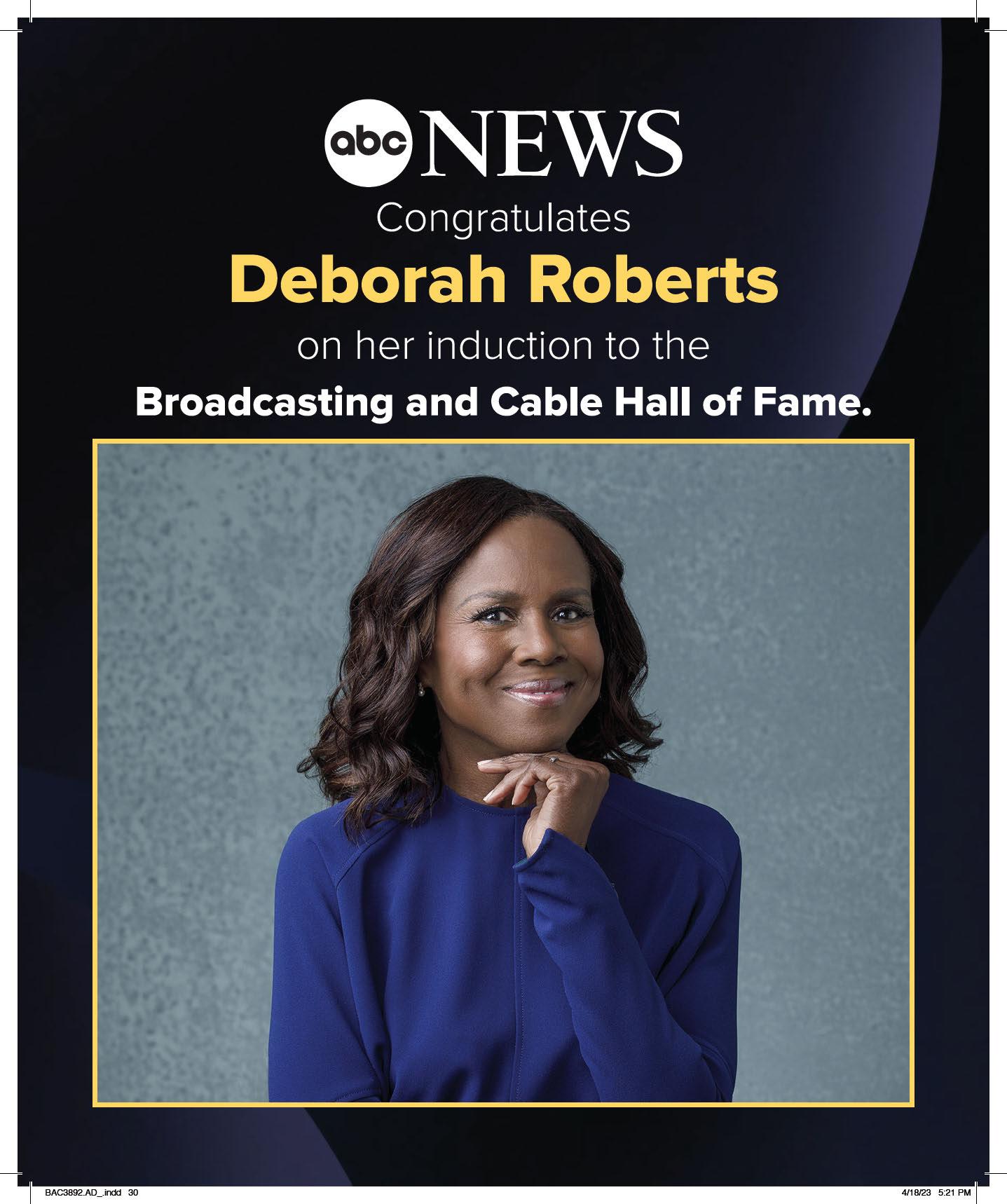
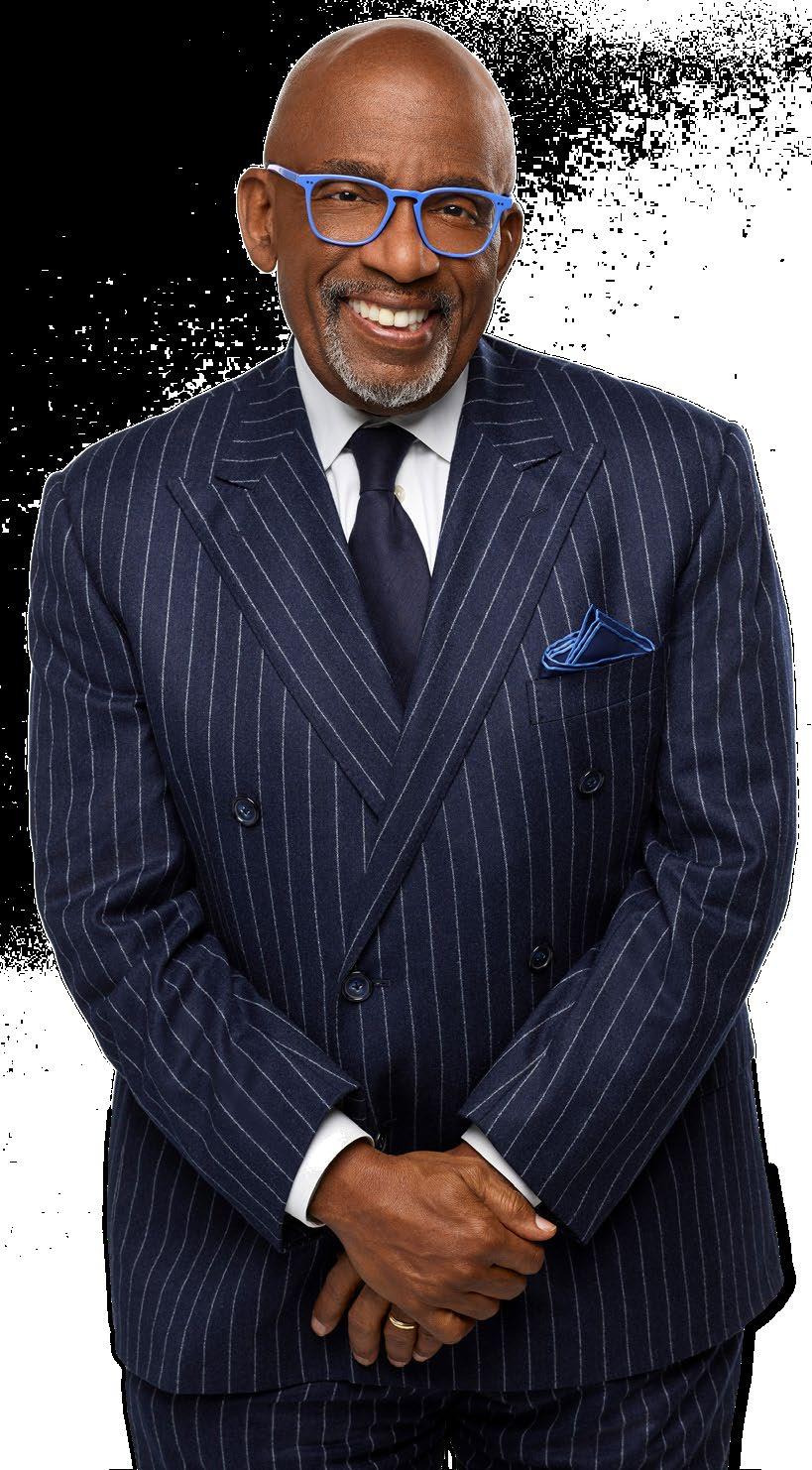


Al Roker didn’t realize just how much his job meant to him until he wasn’t able to show up for work. In November, he was waylaid by blood clots and internal bleeding that he described as life-threatening. Recuperating, he got a knock on his front door. It was the Today group — on-air talent, writers, producers, about 55 people total — there to wish their anchor pal well. With Christmas around the corner, they sang Roker a few Christmas carols.
“Throughout the whole ordeal, I didn’t get emotional, I didn’t cry,” he said. “But that just brought me to tears.”
When Roker finally got back to NBC’s Today in early January, after two months off, his colleagues got emotional, too. “When he walked onto the set, I just wanted to cry,” co-anchor Hoda Kotb said. “Al is the puzzle piece that was missing.”
Roker never envisioned himself being on television. Working in television, perhaps — writing, producing, maybe directing. Growing up in Queens, New York, the oldest of six children, 10-year-old Roker ran wires from the back of his TV to a reel-to-reel player so he could record television, well before the VCR gave consumers that skill. He told his mother how he’d spliced together the theme songs from Batman and Superman
Savannah Guthrie, Co-Anchor, ‘Today’
“I didn’t realize what the look was, but looking back on it, it was, ‘He’s going to live in our basement forever. He’s never going to get married. He’s just going to be this subterranean dweller,’ ” Roker said.
Roker got out of the basement to study at SUNY Oswego starting in 1972, where his department chair told him he had “the perfect face for radio,” Roker said. That same man, Lewis O’Donnell, worked on a kids’ show at WTVH Syracuse, and the station needed a weekend weather person. “[The news director] asked Lew, got any kids? I can’t afford anybody real,” Roker said. He got the job, making $15 a newscast.
After he graduated, Roker worked at WTTG Washington and WKYC Cleveland, then landed at his hometown station, WNBC New York, as a weekend weathercaster in late 1983. “The thing that was special was not that it was the No. 1 market, but that my parents could turn on the TV and see me,” he said.
Roker moved on to Today
also based in 30 Rock, in 1996.
The morning TV war is a brutal one, but Roker said Today stands out thanks to what he witnessed when the gang came to visit him late last year. “We really are a team,” he said. “It’s a group that cares about each other, and I think the viewer feels that it’s not fake bonhomie.”
Co-anchor Savannah Guthrie shared how Roker was her first friend when she came to Today in 2011. “He’s the joy, he’s the spice, he’s the salt that makes the food tasty,” she said. “Al brings energy, humor and warmth. He’s our sunshine.”
Kotb said Today “doesn’t exist without Al.” Knowing he’s next to them on the set puts the anchors at ease, she added.
Roker is grateful that the job allows him to do the fun bits, such as the Living Legends series and travel segments, while also covering what he called “the quintessential issue of our time” in climate change.
Roker unwinds by hanging out with his family, including wife Deborah Roberts, ABC News senior national affairs correspondent and 2023 Hall of Fame inductee, and their kids. He’s working on a cookbook with his oldest daughter Courtney, which will join the various murder mysteries he’s authored, including The Morning Show Murders, on the Roker bookshelf. He enjoys cooking, writing, reading and simply relaxing.
During the week, he’s up at 4:30 a.m., but Roker is not complaining. “My dad drove a bus eight to 10 hours a day,” he said. “This is one of the greatest jobs going.” ●
He’s the joy, he’s the spice, he’s the salt that makes the food tasty. Al brings energy, humor and warmth. He’s our sunshine.”


When Jim Thompson became president of the Broadcasters Foundation of America in 2008, the group, like the radio and television professionals it supports, had fallen on hard times.
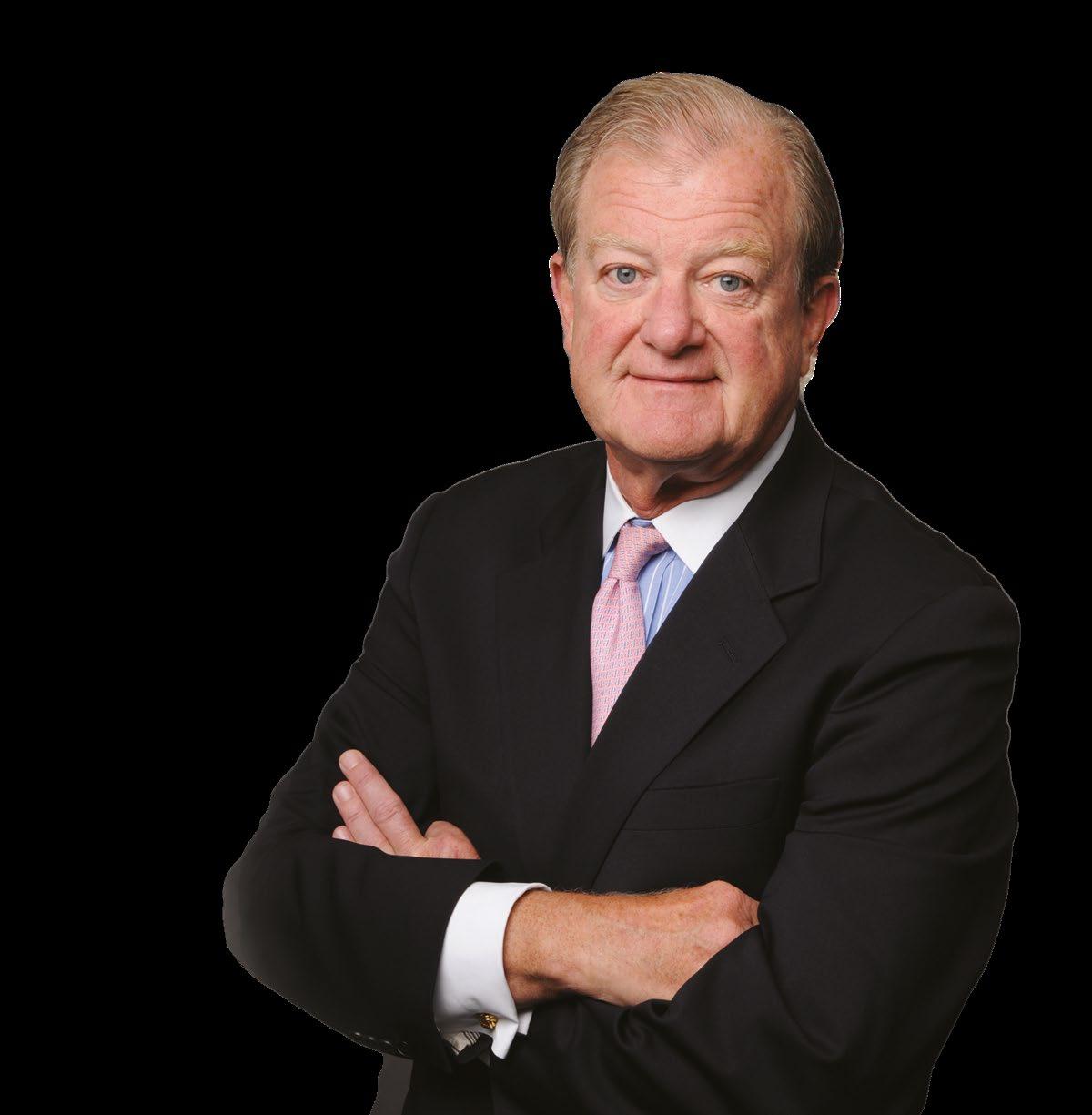
“Jim brought vision and energy and cast a wider net in reaching more people,” recalled BFOA VP Peter Doyle, who noted that the organization had lacked leadership and the Great Recession was wreaking havoc with fundraising.

“When Jim came in, the foundation really wasn’t raising enough money or helping enough people,” BFOA chair Scott Herman added. “But he took it to the next level, raising more money from individuals and companies and holding more events. He had a giving spirit and was unwavering about helping people — he did more than just give grants, he would then check up on people afterward.”
Under Thompson, who died at 75 last year, the charitable organization more than quadrupled the amount of financial aid it distributes to broadcasting professionals, from $400,000 to nearly $2 million.
“He was a unique man and I miss him desperately,” Doyle said, adding that Thompson’s time in the U.S. Army during the Vietnam War gave him the discipline that made him an excellent leader. He also noted that Thompson almost went into the seminary and always retained that genuine sense of caring for others.
But Thompson was also a whole lot of fun. “He enjoyed a cocktail and a cigar, could tell a joke with the best of them and also sing
Irish ballads,” Doyle said. “He was an all-around great guy.”
Earlier in his career that gregarious side made Thompson into the man to see in Philadelphia, said Herman, who was one of the many people Thompson mentored after they met in 1985. “He knew everybody and helped me understand the market,” Herman recalled. “He made everybody smile and commanded every room he walked into.”
phia in 1971, Thompson worked his way up to become VP and general manager, overseeing original programming and local news that boosted ratings and advertising revenue. “It was a secondor third-tier station when he took over, but he took it to new heights,” Herman said.
Thompson ascended to become president
and CEO of Group W Radio — the nation’s second-largest radio company — he told Herman, then a program director, that he thought program directors shouldn’t be paid less than general sales managers. So he extended raises to every program director. (That same year, Thompson who had attended St. Joseph’s University and Temple University, graduated from the Harvard Business School’s Advanced Management Program.)
With Mike Craven, Thompson then owned 19 stations under Liberty Broadcasting. “We had a lot of fun there and later in other businesses, and we never once had an argument,” Craven said. “We would always find a compromise point.”
Thompson also created the Radio-Mercury Awards to recognize creative work in radio advertising. “He felt the radio industry needed to be taken more seriously,” Herman said. “TV [advertising] had the Clios and people at ad agencies didn’t want to do radio ads. So he wanted to reward excellence in radio. It really did work.”
Thompson’s commitment to the industry led to him sitting on numerous boards, including the Radio Advertising Bureau and The Advertising Council. He was also vice chairman of the Pennsylvania State Broadcasters Association.
And he was involved in the community beyond the workplace. Besides being involved in veterans affairs, he served on the boards of the Police Athletic League of Philadelphia and the Urban League of Philadelphia and other organizations.
“It’s a great honor to go into the Hall of Fame with Jim,” fellow inductee Ray Cole said.
“Nobody was more fun than Jim, but more importantly he was an all-time good guy and incredibly dedicated to the mission of the foundation.” ●
He had a giving spirit and was unwavering about helping people — he did more than just give grants, he would then check up on people afterward.”
Scott Herman, Chair, Broadcasters Foundation of America
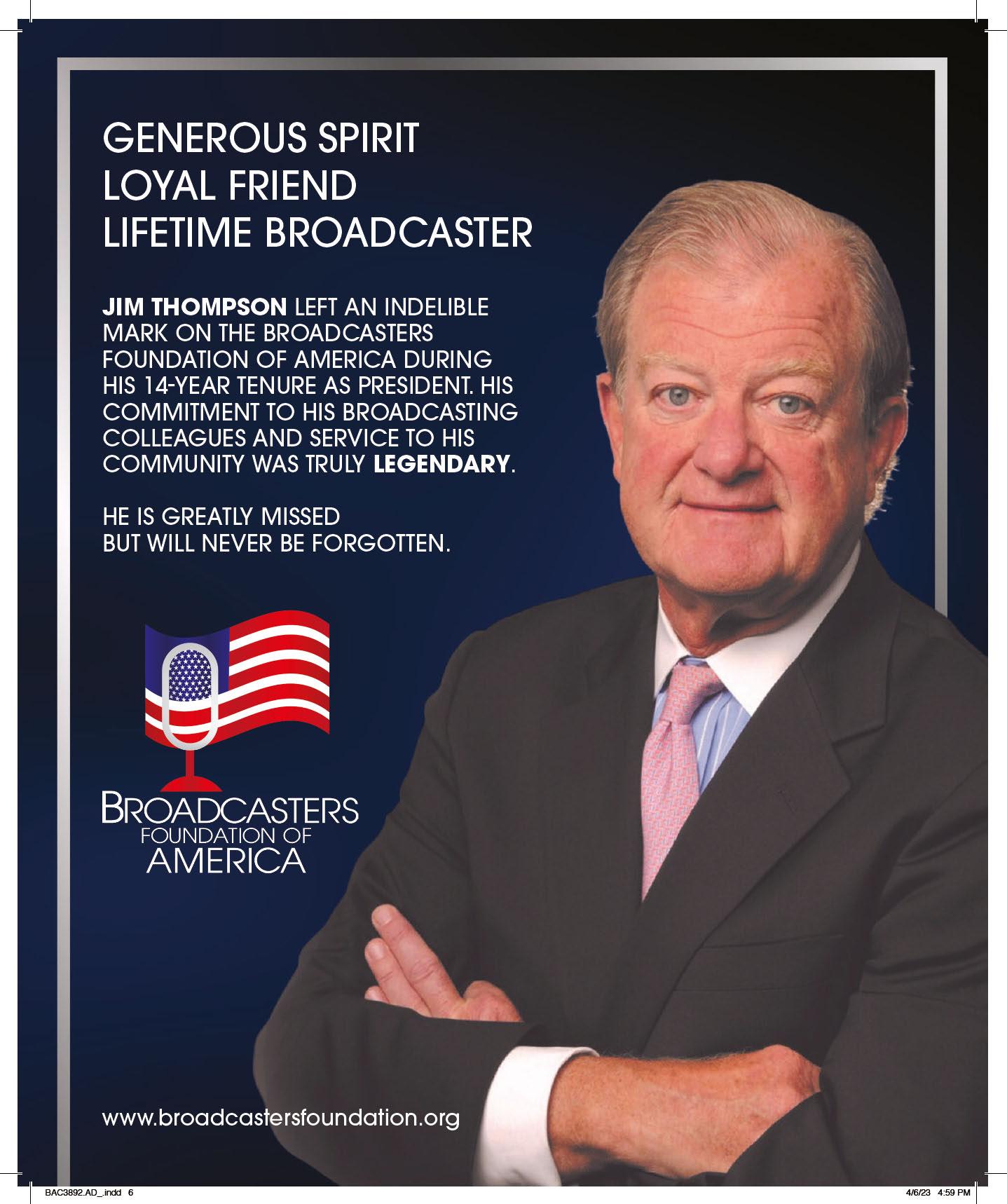
In the beginning of The Walking Dead, Sheriff Rick Grimes — played by Andrew Lincoln — wakes up in an abandoned hospital and finds the world engulfed by a zombie apocalypse.
The series had its debut on Halloween 2010 and AMC Networks awoke to a monster. The premiere drew 6.3 million total viewers and 4.3 million adults 18-49, making it, at the time, the biggest cable series launch ever.
“The show was a ratings success from the first episode, delivering numbers that could only be described as surprisingly good,” former AMC Networks CEO Josh Sapan said. “But
even with that initial response, none of us saw the biggest show in the history of cable television coming.”
During its third season in 2012-13, The Walking Dead became the first cable series in history to rank as the No.1 series in all of television. It would stay No. 1 in all of TV for five consecutive seasons, with its season five premiere drawing 22 million total viewers and 14.6 million adults 18-49, records that still stand.

AMC had aired a pair of critical dar-
lings in Mad Men and Breaking Bad and wanted to build the network around marquee shows for adults. The network was looking at the horror genre in order to capitalize on its “October FearFest” franchise, Sapan said. “The Walking Dead gave us the momentum to focus on and invest in more great stories,” he said.
The show brought a financial windfall. Revenue at AMC’s domestic networks climbed from $896 million in 2009 to $2.4 billion in 2017, including $959,551 million in advertising.

The Walking Dead was the first series AMC fully owned. “It was controversial and not even close to universally supported internally — a huge emotional and financial bet,” recalled Roku Media president Charlie Collier, then president and general manager of the AMC network.

“It had been passed on by NBC and others, but we were passionate about the source material,” Collier said. “As we pushed to make the show, [we] discussed what it was about endlessly. It was not about zombies, per se, as much as it was about humanity and survival.”
To Walking Dead comics fan Scott Gimple, who joined the show as a writer and producer in season two, became showrunner in 2013 and then chief content officer for The Walking Dead Universe in 2018, the huge ratings meant “I could plot out three years and not worry about the rug being pulled out from underneath the audience.” Episodes could also focus on a few characters at a time “to make every one of them real people with real lives,” Gimple said.
Because the show was shot in a remote area outside Atlanta, away from other Hollywood productions, it took a while for the show’s magnitude to sink in. “We were on our own, and I think that was a big part of the success of
But even with that initial response, none of us saw the biggest show in the history of cable television coming.”
Josh Sapan, former CEO, AMC Networks
Honoree, AMC/AMC Plus
The Walking Dead’s 2010 debut was, at the time, the biggest basiccable series launch ever.

it,” Gimple said. “We held ourselves to very high standards. And we only had so many resources. It blows me away. This was just the right show at the right time with the right people.”
The Walking Dead finished its 11th and final season in 2022, but its characters and its walkers remain undead. Starting in 2015 with Fear The Walking Dead , AMC has expanded the franchise. The Walking Dead: World Beyond and Tales of the Walking Dead have already aired. Upcoming are The Walking Dead: Dead City , The Walking Dead: Daryl Dixon and a series focused on Rick Grimes and Michonne (Danai Gurira).

Dead City stars Lauren Cohan and Jeffrey Dean Morgan reprising their characters Maggie and Negan. Cohan joined the original series in Season two.”I had the benefit of getting the job and then watching season one and saying, ‘Oh my god, this is really good. Don’t screw it up.’”
Cohan said it wasn’t until season three or four when she really got the sense of excitement around the show.
Now she’s signed up again. “There was something about the depth of what we could do in The Walking Dead Universe that
was always compelling that has kept me coming back for more,” she said. “When you have a character for that long you get to see how they would evolve and be shaped and changed by their environment and their relationships and their losses and their wins.”
In the new show Maggie is paired with Negan, who killed her lover Glenn in one of The Walking Dead’s most memorable scenes.”This show gives Jeff and I an opportunity to peel off another layer of these characters,” Cohan said. “I don’t think we had that opportunity to do that with a much larger cast.”
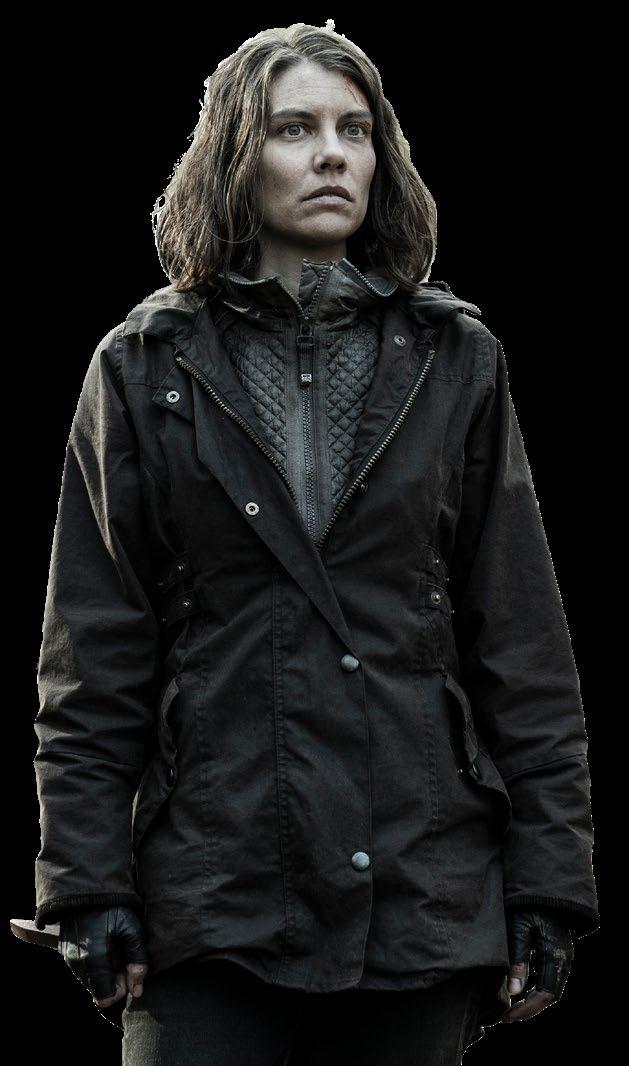
In the streaming universe, the show is a hit for Netflix, AMC Plus and a number
of AMC FAST (free, ad-supported streaming TV) channels.

“I can’t overestimate the value of The Walking Dead Universe,” Dan McDermott, president of AMC Entertainment and AMC Studios, said. “It is definitive television history.”
Some of the new Walking Dead series are based on fan favorites characters like Cohan, And if the show sticks to its DNA of “telling human dramas under extreme circumstances,” McDermott said there will be more characters to build on.
McDermott said there’s no limit to how long AMC can tell Walking Dead stories. “We have to take care to ensure that the stories themselves are unique, human and adhere to some of the core principles of what makes this whole universe so unique. We definitely very much believe that every show has to stand on its own and be compelling television. You don’t get a free pass just because the series is a part of an existing universe.”
Sapan compares The Walking Dead franchise to Star Wars and Star Trek “It is clear by now that these walkers will keep right on walking for many, many years to come,” he said. ●
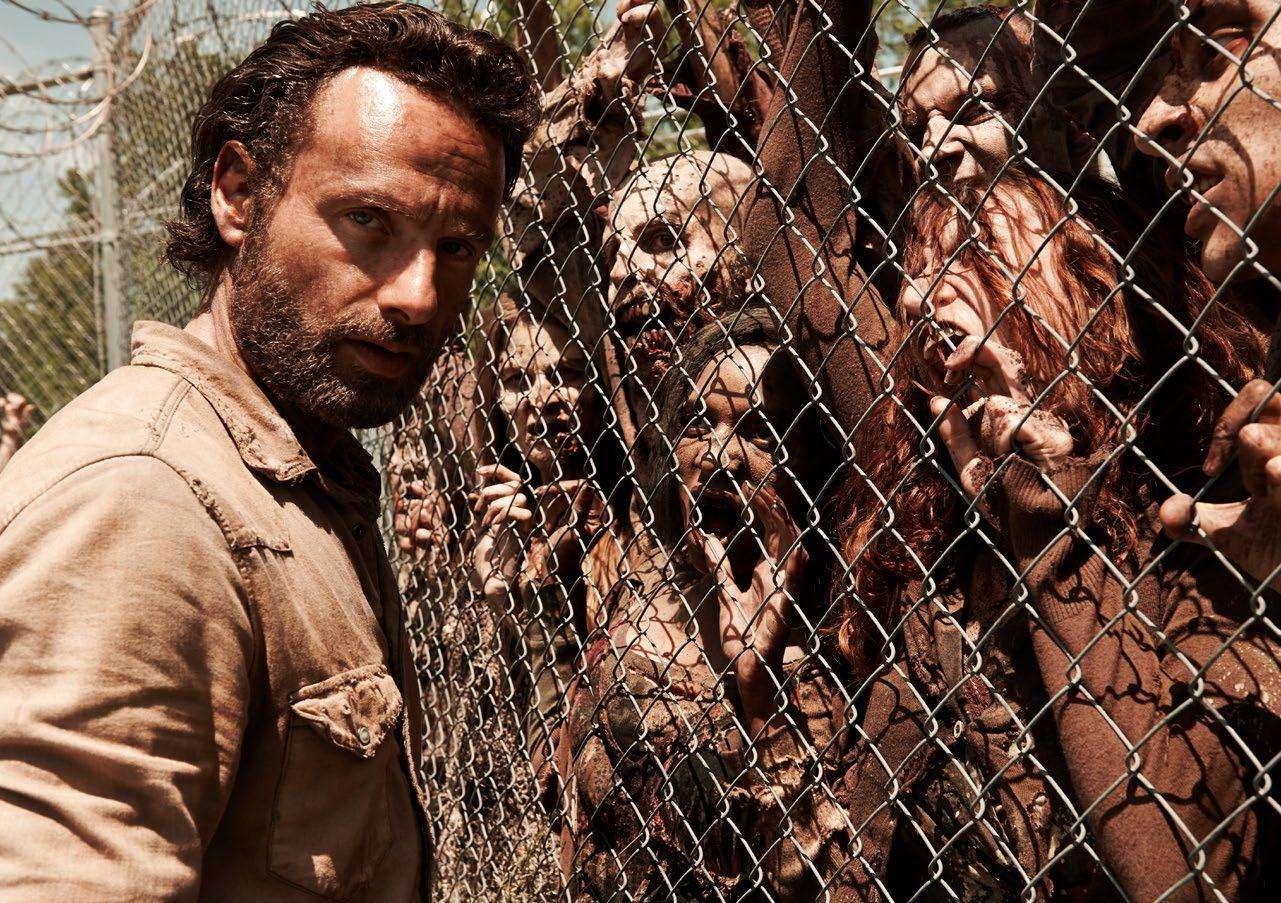
As we pushed to make the show, [we] discussed what it was about endlessly. It was not about zombies, per se, as much as it was about humanity and survival.”
Charlie Collier, former President and GM, AMCAndrew Lincoln as Rick Grimes, protagonist of The Walking Dead’s early seasons. Danai Gurira as Michonne Lauren Cohan as Maggie Greene
William J. Abbott
Jack Abernethy
Joe Abruzzese
Goodman Ace
David C. Adams
Roger Ailes
Chris Albrecht
Byron Allen
Fred Allen
Gracie Allen
Steve Allen
Robert Alter
Christiane Amanpour
American Express
Earle C. Anthony

Roone Arledge
Edwin H. Armstrong
Gene Autry
Merlin Aylesworth
Emilio Azcárraga
William Baker
Lucille Ball

Red Barber
Julius Barnathan
Emily Barr
David J. Barrett
Peter Barton
Ralph Baruch
Richard Beaven
Caroline Beasley
George G. Beasley
Kevin Beggs
Linda Bell Blue

Frank A. Bennack, Jr.
Robert M. Bennett
Jack Benny
Candice Bergen
Edgar Bergen
Nomi Bergman
Milton Berle
Ira Bernstein
Gary Bettman
Jeff Bewkes
Carole Black
James Blackburn, Sr.
John Blair
Matthew C. Blank
Martin Block
Michael Bloomberg
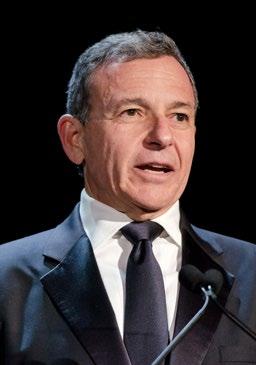
Steven Bochco
George Bodenheimer
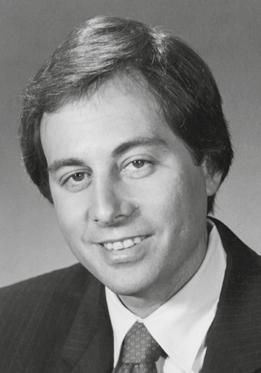
Matt Bond
Steve Bornstein
Sean R.H. Bratches
William J. Bresnan
David Brinkley
Glenn A. Britt
Tom Brokaw
Don Browne
Del Bryant
Dean Burch
Brandon Burgess
Dan Burke
Stephen Burke
Mark Burnett
George Burns
Raymond Burr
Eduardo Caballero
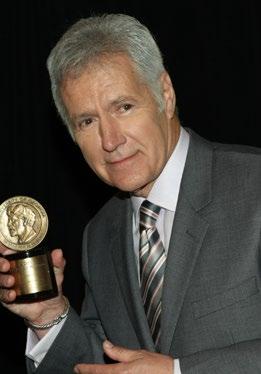
Sid Caesar
Louis G. Caldwell
Ed Carroll
Marcy Carsey
Johnny Carson
Bill Cella
John Chancellor
Peter Chernin
Dick Clark
Imogene Coca
Fred Coe
Betty Cohen

Ray Cole
Charlie Collier
Joseph Collins
Frank Comerford
Rocco Commisso
Cesar Conde
Frank Conrad
William Conrad
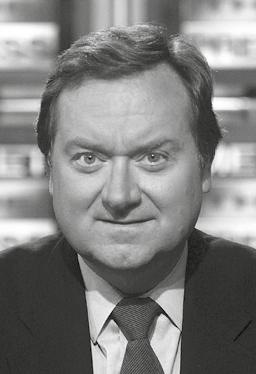
Bob Cook
Joan Ganz Cooney
Carole Cooper
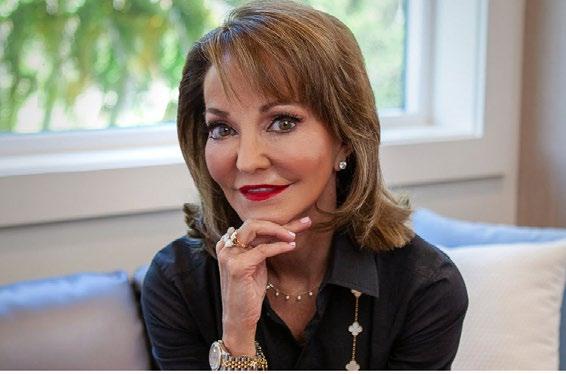
Don Cornelius
Howard Cosell
Katie Couric
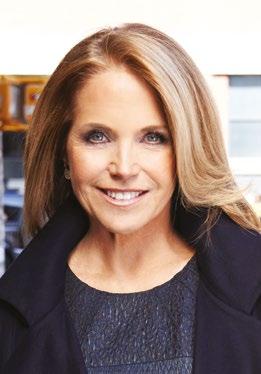
Walter Cronkite
Bing Crosby
Bill Daniels
Susanne Daniels
Philippe Dauman
Nicholas Davatzes
Lee de Forest
John DeWitt
Brian Deevy
Jean Dietze
Barry Diller
Charles Dolan
Phil Donahue
Sam Donaldson
James Dowdle
Hugh Downs
Allen B. DuMont
Channing Dungey
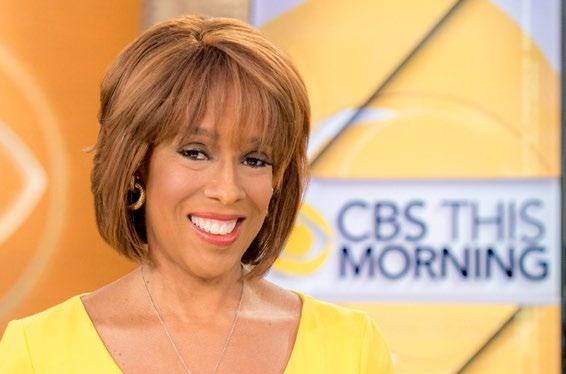
RECIPIENTS ARE NOTED IN GOLD)
Peter Dunn
Jimmy Durante
Dick Ebersol

Michael D. Eisner
Alan Elkin
Patrick Esser
Randy Falco
Jon Feltheimer
John Fetzer
Michael Fiorile
Joseph A. Flaherty
Michael J. Fox
Brian France
Arlene Francis
Alan W. Frank
Tom Freston
Harry Friedman
Robert Friedman
Fred Friendly
Michael T. Fries
Edward O. Fritts
Michael Fuchs
Monica Gadsby
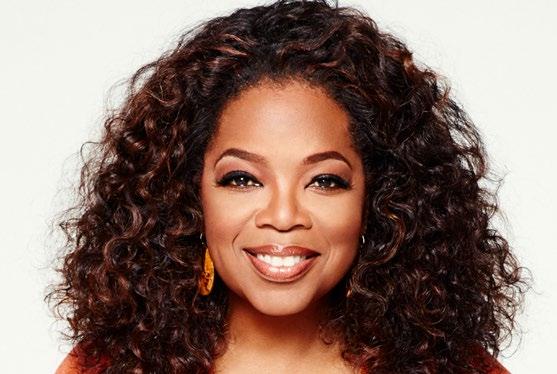
Don Garber
John Gambling
Chris Geraci
Charles Gibson
Frank Gifford
Kathie Lee Gifford
Jackie Gleason
Arthur Godfrey
Gary David Goldberg
Leonard Goldenson
Peter Goldmark
Mark Goodson
Bill Goodwyn
Ed Goren
Irwin Gotlieb
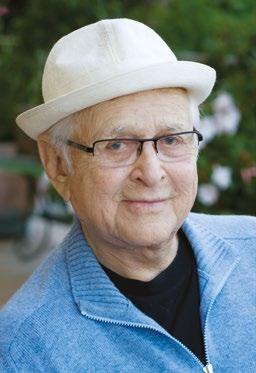
Katharine Graham
Kelsey Grammer
Herb A. Granath
Peggy Green
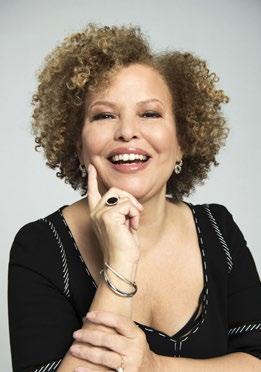
Robert Greenblatt

Merv Griffin
Ralph Guild
Savannah Guthrie
Bonnie Hammer
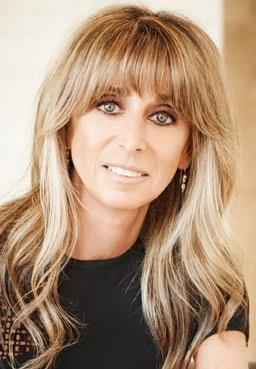
Ted Harbert
Jack Harris
Mary Hart
Eddy Hartenstein
Paul Harvey
Carl Haverlin
Gabriel Heatter
Andrew T. Heller
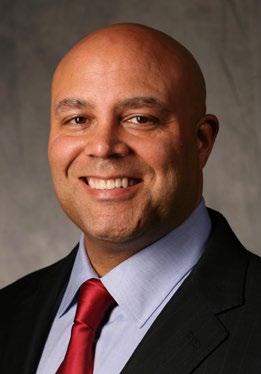
John Hendricks
Ragan Henry
Jim Henson
Doug Herzog
Don Hewitt
John M. Higgins
Landel C. Hobbs
Ben Hoberman
C.E. Hooper
Bob Hope
Ray Hopkins
Amos Hostetter
Harold Hough
Stanley E. Hubbard
Stanley S. Hubbard
Ward L. Huey, Jr.
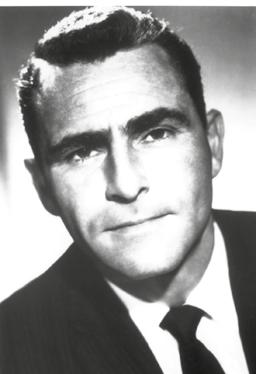
Catherine Hughes
Chet Huntley
Robert Hyland
Pearlena Igbokwe
Robert A. Iger
Don Imus
Hal Jackson
Peter Jennings
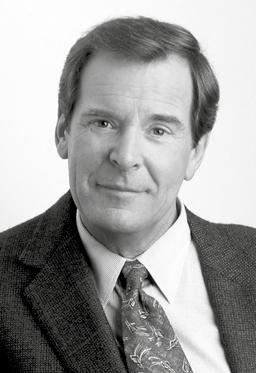
Bob Johnson
Johnson & Johnson
Glenn Jones
Raymond E. Joslin
Tom Joyner
H.V. Kaltenborn
Mel Karmazin
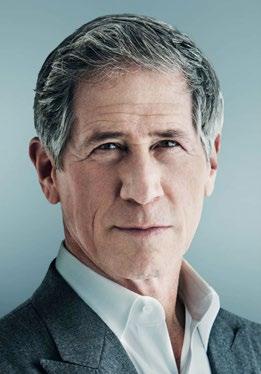
Paul Karpowicz
Casey Kasem
Gene Katz
David E. Kelley
Jerald L. Kent
Phil Kent
Robert Kennedy
Gayle King
Larry King
Michael King
Roger King
Robert E. Kintner
John Kluge
Bill Koenigsberg
Kay Koplovitz
Ted Koppel
Hoda Kotb
Ernie Kovacs
Robert K. Kraft
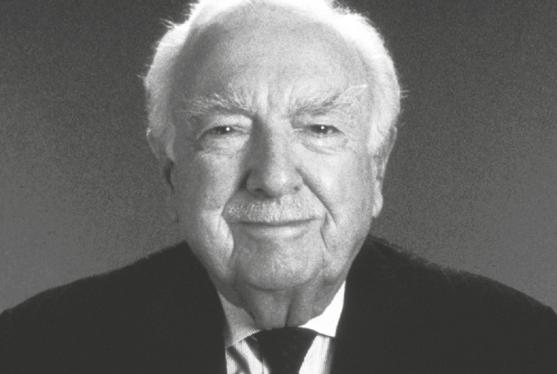
Mario Kreutzberger (“Don Francisco”)
Charles Kuralt
Michael L. LaJoie
Brian Lamb
Michael Landon
John Landgraf
Lou LaTorre
Matt Lauer
Geraldine Laybourne
Mark Lazarus
Norman Lear
Debra Lee
Jerry Lee
Terry Lee
Richard Leibner
Bill Leonard
Sheldon Leonard
Gerald Levin
David Levy
Fulton Lewis, Jr.
Shari Lewis
Alfred C. Liggins III
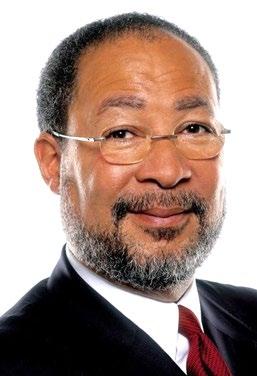

Peter Liguori
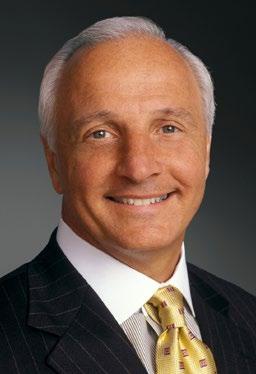
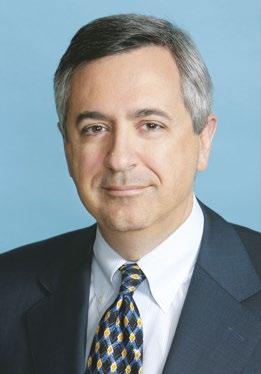
Philip J. Lombardo
Phillips H. Lord
Dave Lougee
Ken Lowe
Wonya Lucas
Susan Lucci
Peter Lund
Leo MacCourtney
Greg Maffei
Frank Magid
Robert Magness
Martin Malarkey
John Malone
Nancy Marchand
Guglielmo Marconi
Mort Marcus
E.G. Marshall
Garry Marshall
Dean Martin
Al Masini
Dan Mason
L. Lowry Mays
Deborah McDermott

Don McGannon
Judy McGrath
Dr. Phil McGraw
Judith McHale
Gordon McLendon
Sean McManus
Paul McTear
Greg Meidel
Lorne Michaels
Robert Miron
Steve Miron
Pat Mitchell
Courteney Monroe
Leslie Moonves
Mary Tyler Moore
Akio Morita
Bruce Morrow
Steve Mosko
Tom Murphy
Edward R. Murrow
John S. Muszynski
Jim Nantz
Jon Nesvig
David Nevins
Sheila Nevins
Gary Newman
Agnes Nixon
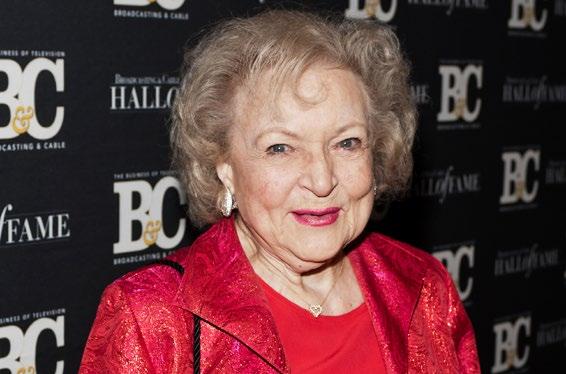
Deborah Norville

Armando Nuñez
Soledad O’Brien
Carroll O’Connor
Mike O’Neill
Charles Osgood
William S. Paley
Chuck Pagano
Harry Pappas
Dick Parsons
Dennis Patrick
Jane Pauley
Lowell Paxson
Mark Pedowitz
Edward Petry
Regis Philbin
Irna Phillips
Robert W. Pittman
Richard L. Plepler
David F. Poltrack
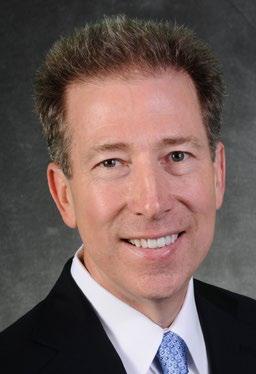
Tony Ponturo
Michael Powell
Frances Preston
Procter & Gamble
William Lowell Putnam
Ward Quaal
James H. Quello
Gilda Radner
Jorge Ramos
Dan Rather
Abbe Raven
Rachael Ray
Gene Rayburn
Ronald Reagan
Sumner Redstone
Kevin Reilly
J. Leonard Reinsch
John Rigas
Kelly Ripa
James O. Robbins
Brian Roberts
Cokie Roberts
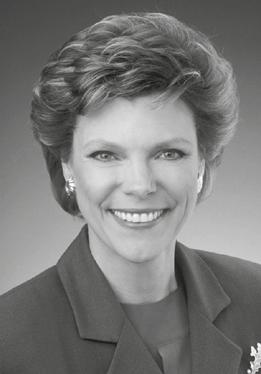
Deborah Roberts
Ralph Roberts
Robin Roberts
Dick Robertson
Gene Roddenberry
Johnathan Rodgers
Fred Rogers
Tom Rogers
Al Roker
Rick Rosen
Robert Rosencrans
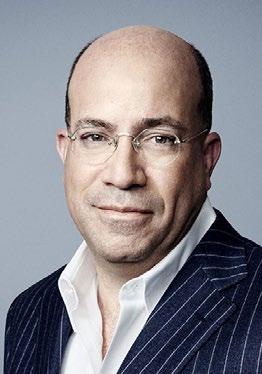
Bob Ross
Jo Ann Ross
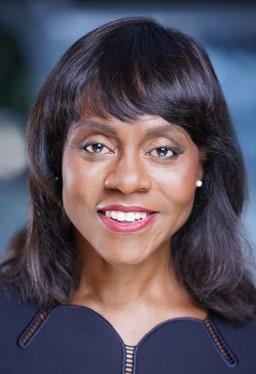
Elton Rule
Tim Russert
Tom Rutledge
Craig Sager
Pat Sajak
Richard S. Salant
Lucie Salhany
María Elena Salinas
Jack Sander
Joshua Sapan
Cristina Saralegui
David Sarnoff
Diane Sawyer
Rino Scanzoni
Bob Schieffer
Henry S. Schleiff
Herbert S. Schlosser
Allan H. “Bud” Selig
Rod Serling
Eric Sevareid
William Shatner
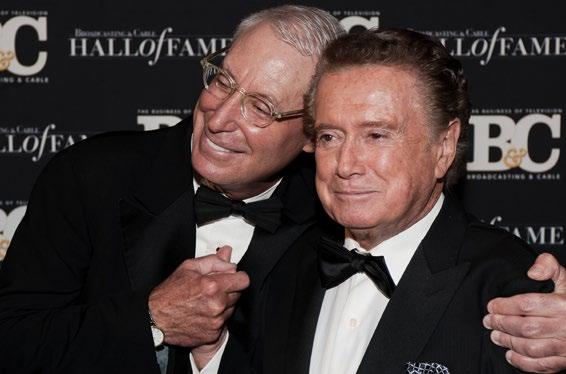
Bernard Shaw
Judith Sheindlin
Jean Shepherd
Dinah Shore
Neil Smit
Frank Smith
Senator Gordon H. Smith
Bill Smullin
Jeff Smulyan
Perry A. Sook
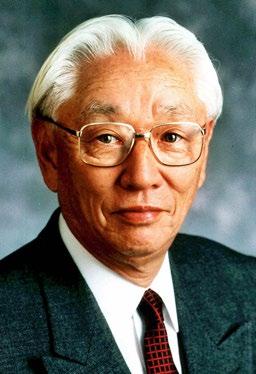
Donna Speciale
Aaron Spelling
Lesley Stahl
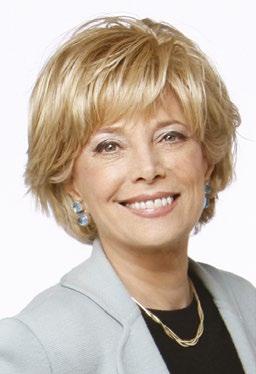
Susan Stamberg

Frank Stanton
George Storer
Todd Storz
Howard Stringer
Stuart Sucherman
Ed Sullivan
Jay Sures
David Susskind
Susan Swain
Dennis Swanson
Steven R. Swartz
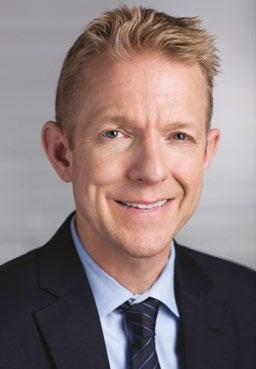
Anne Sweeney
Curtis Symonds
Sol Taishoff
Brandon Tartikoff
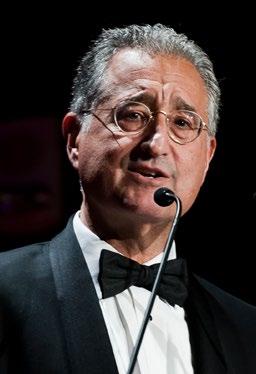
Nina Tassler
Nancy Tellem
Danny Thomas
Lowell Thomas
Marlo Thomas
James Thompson
Barry Thurston
Grant Tinker
Alex Trebek
Keith Turner
Ted Turner
Joe Uva
David Verklin
Meredith Vieira
Tony Vinciquerra
Jeff Wachtel
Dana Walden
Mike Wallace
John W. Waller III
John Walson
Barbara Walters
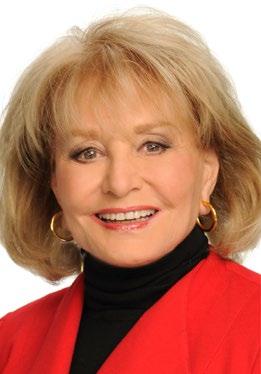
Vincent T. Wasilewski
Lew Wasserman
Pat Weaver
Robert L. Wehling
Italia Commisso Weinand
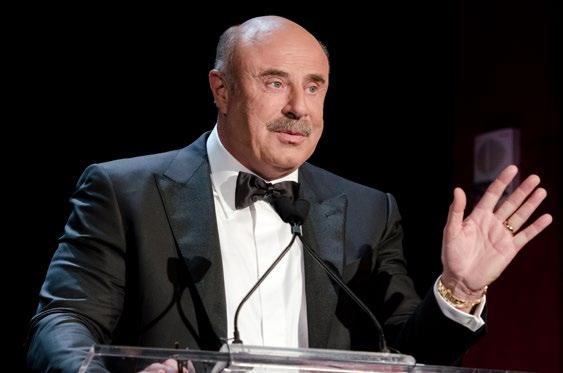
Lawrence Welk
Orson Welles
Tom Werner
Tony G. Werner
Jordan Wertlieb
Betty White
Margita White
Paul White
Richard E. Wiley
Michael Willner
Oprah Winfrey
Dick Wolf
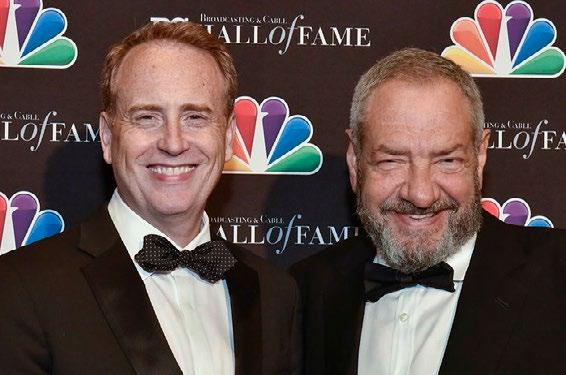
David Wolper
Robert C. Wright
Linda Yaccarino
K. James Yager
Ted Yates
Lauren Zalaznick
Cyma Zarghami
Susan Zirinsky
Frederic Ziv
Jeff Zucker
PROGRAMS

20/20
American Idol
Dateline NBC
Entertainment Tonight
Family Feud
Good Morning America
Inside the NBA
Live with Kelly & Michael
Mad Men
Monday Night Football
The Simpsons
The View
The Walking Dead
60 Minutes
SportsCenter Today ICONIC NETWORKS ESPN

